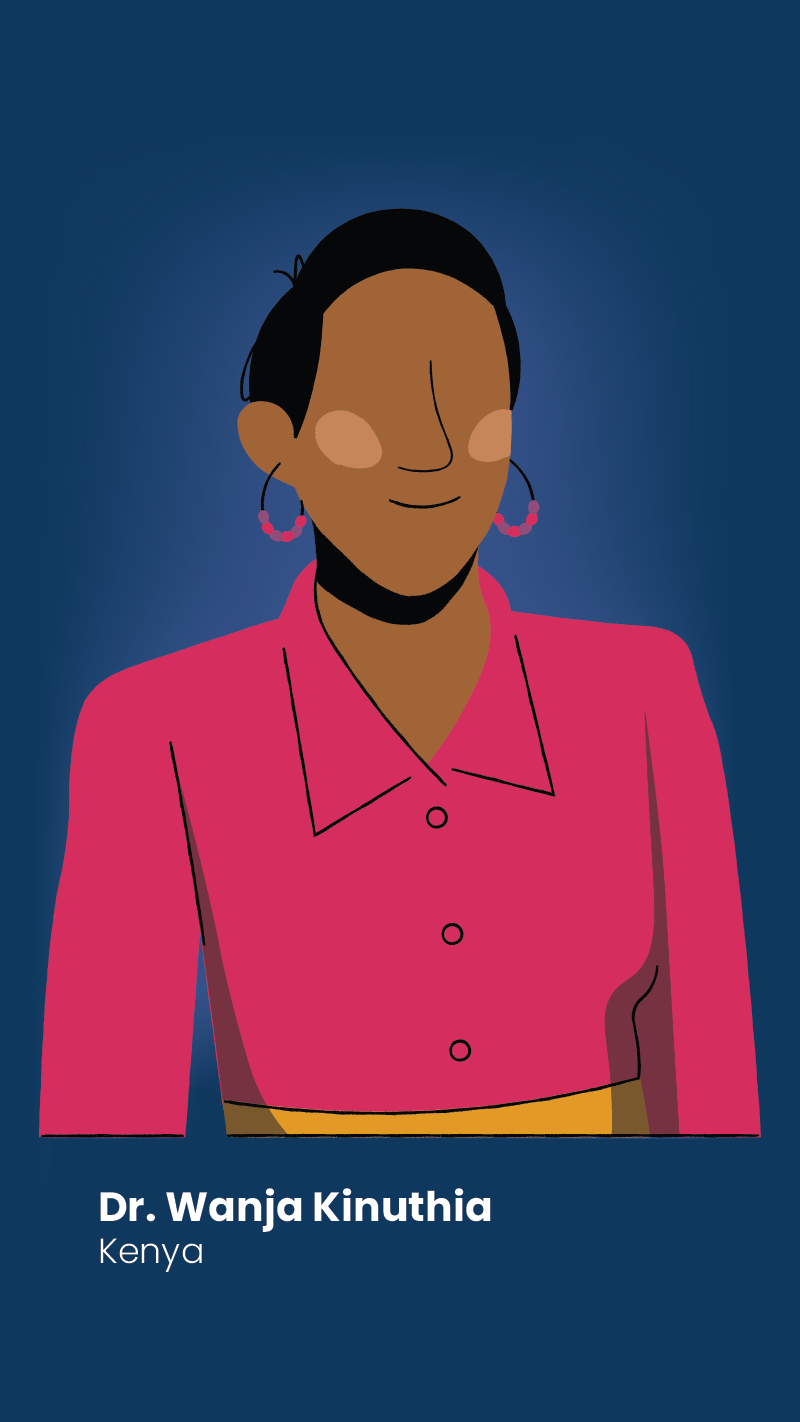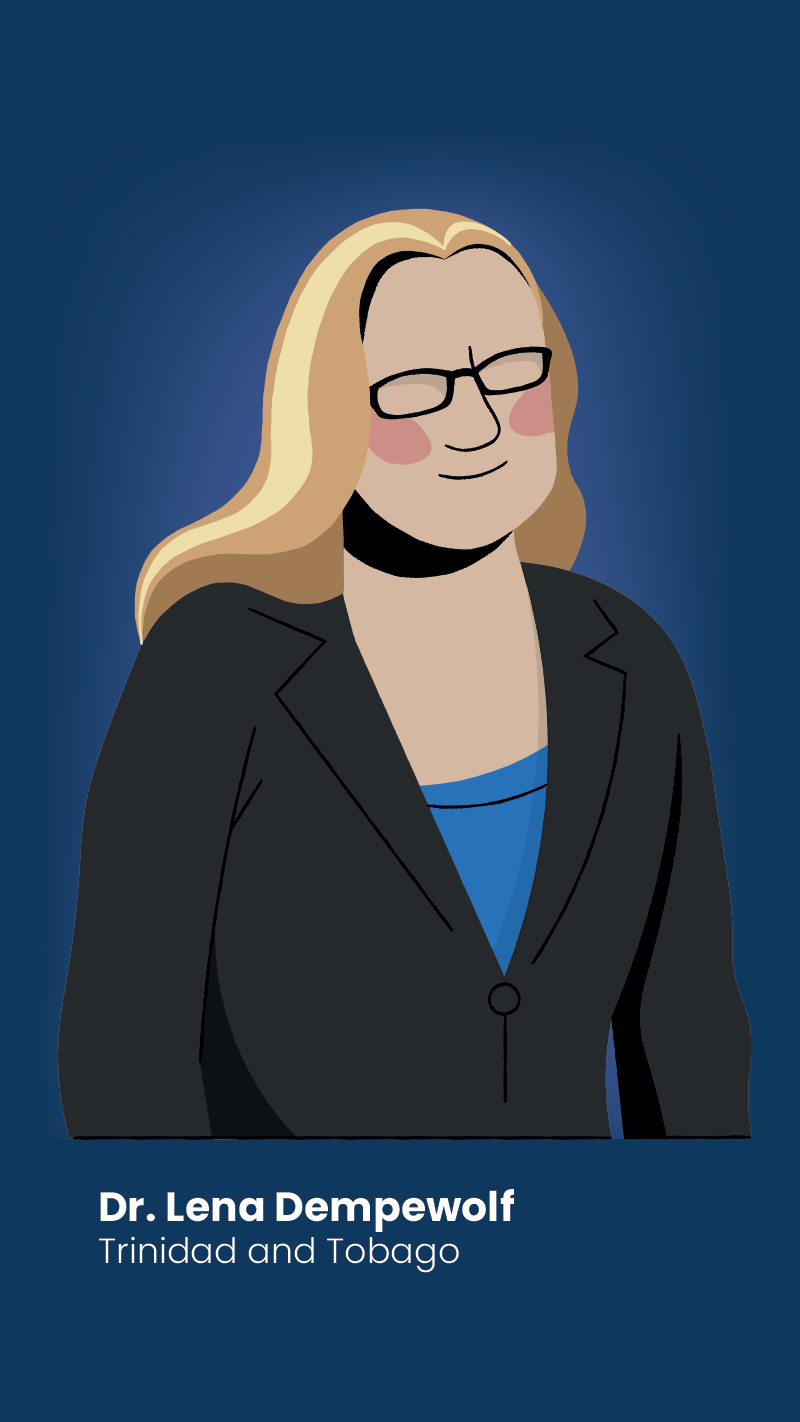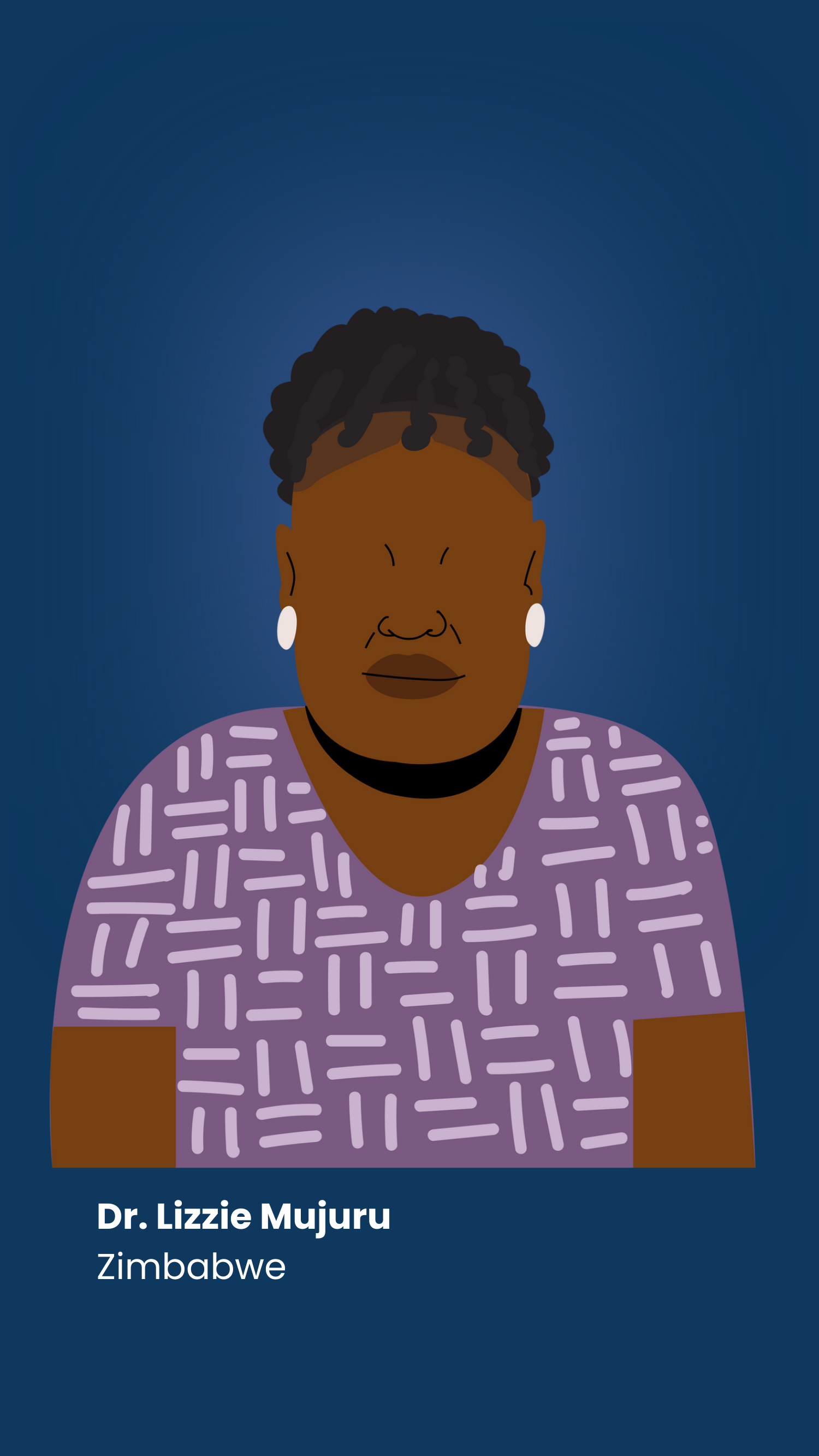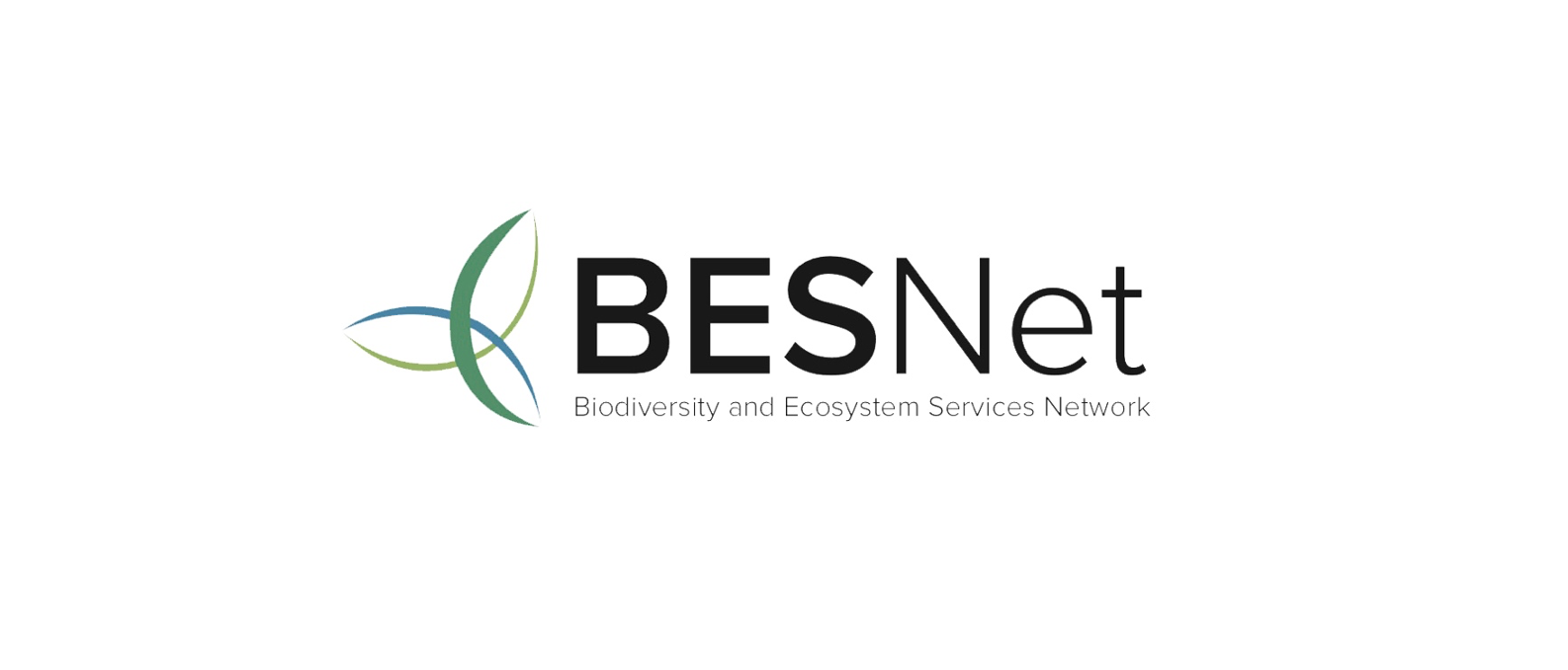BES-Net Trialogues

Sustainable governance of biodiversity and ecosystem services, including productive land, clean water and pollination, is a complex challenge that requires cooperation among different stakeholders.
However, actors work in silos, and diverse values and worldviews are often ignored in the decision-making process.
The Trialogue approach is a signature multistakeholder engagement solution developed and implemented by the Biodiversity and Ecosystem Services Network (BES-Net).
Sustainable governance of biodiversity and ecosystem services, including productive land, clean water and pollination, is a complex challenge that requires cooperation among different stakeholders.
However, actors work in silos, and diverse values and worldviews are often ignored in the decision-making process.
The Trialogue approach is a signature multistakeholder engagement solution developed and implemented by the Biodiversity and Ecosystem Services Network (BES-Net).

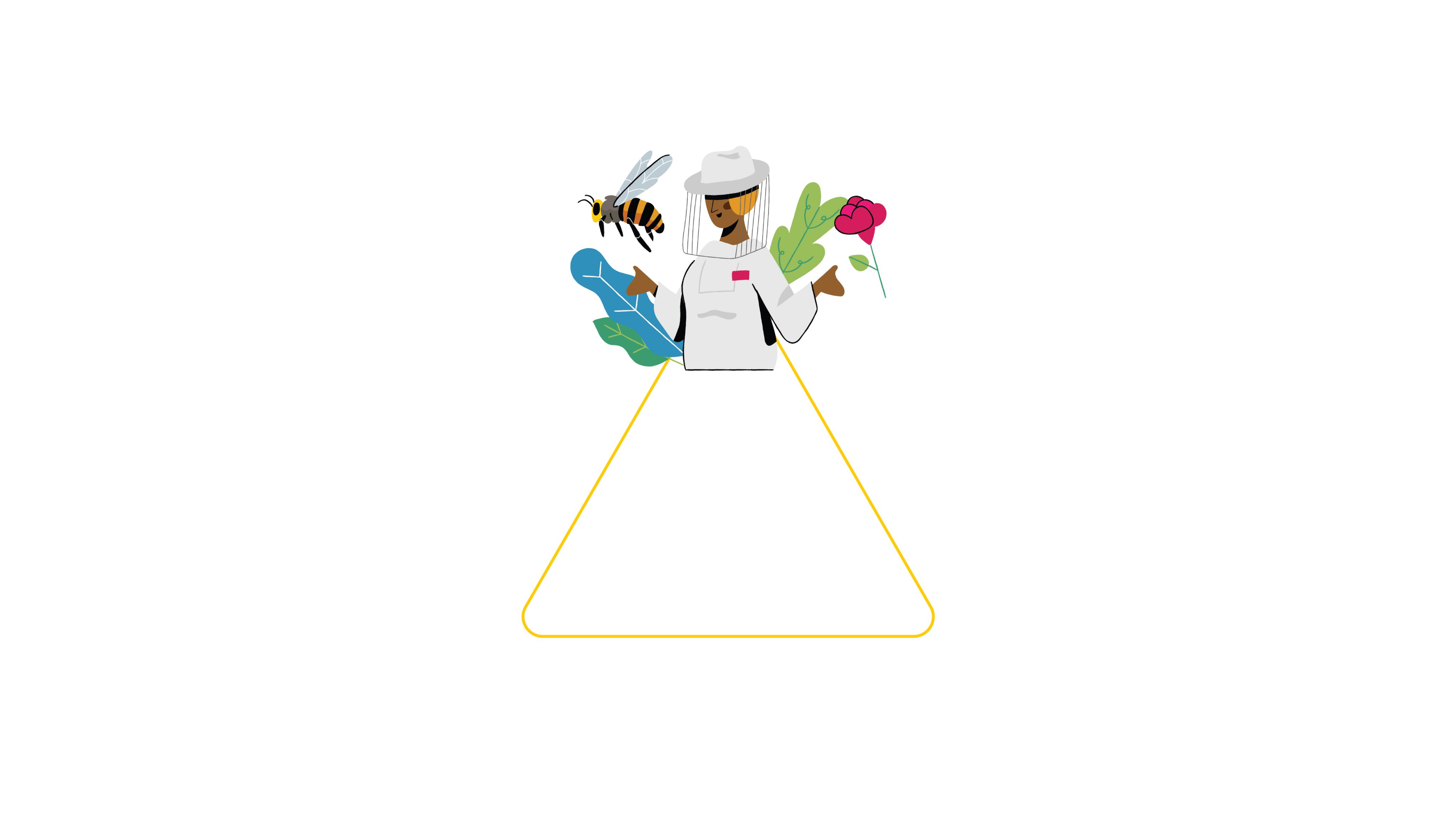
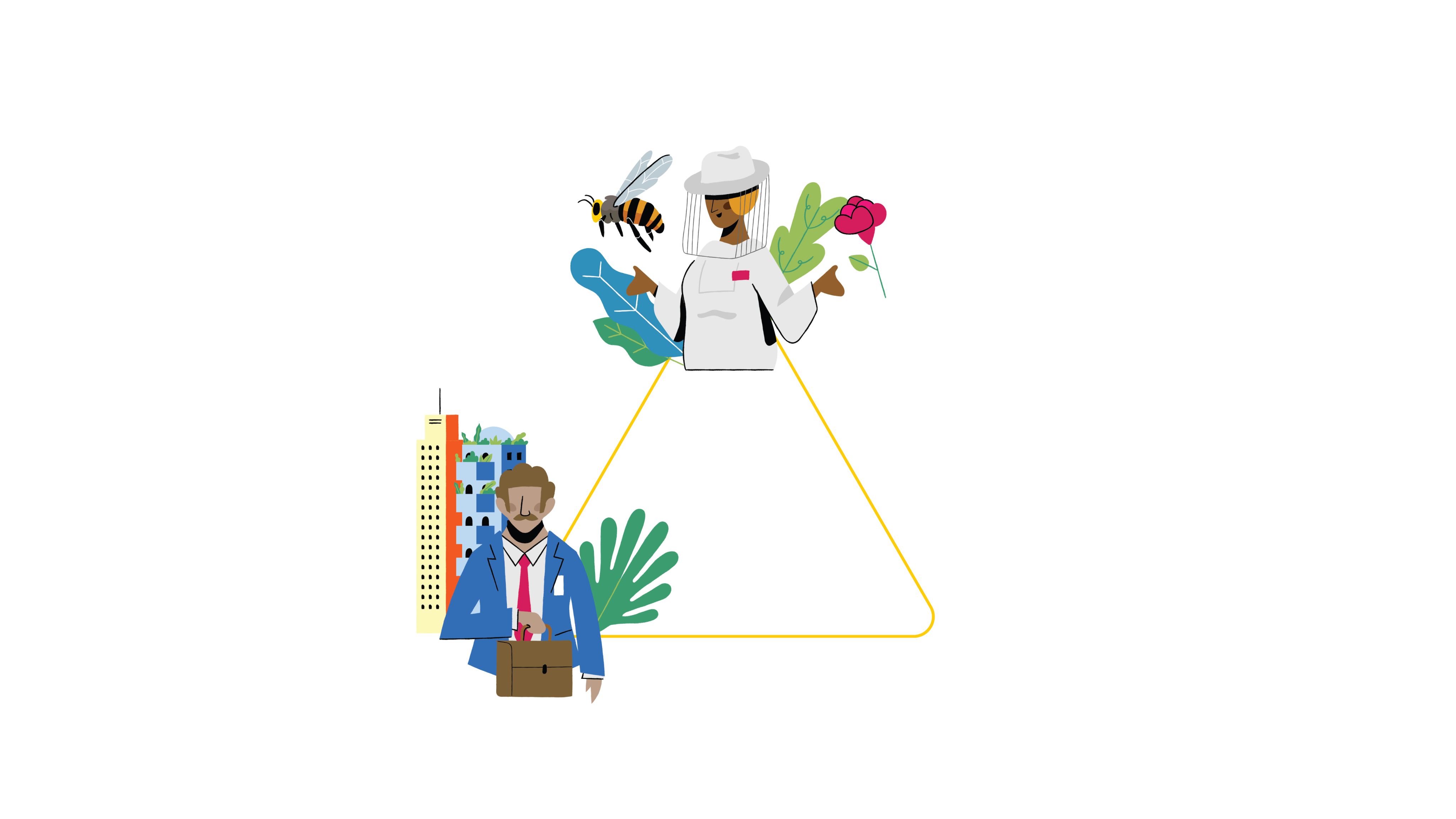
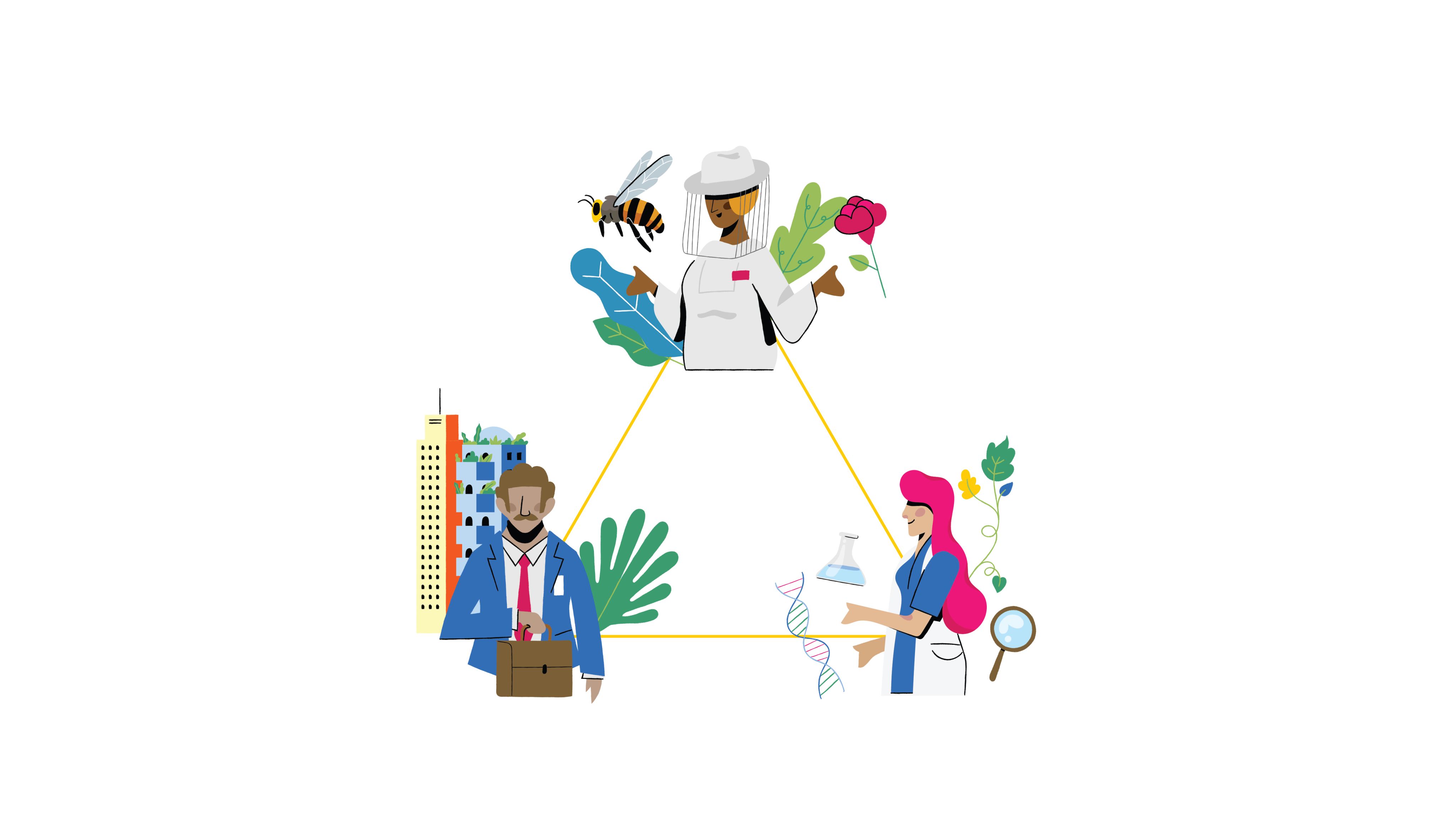
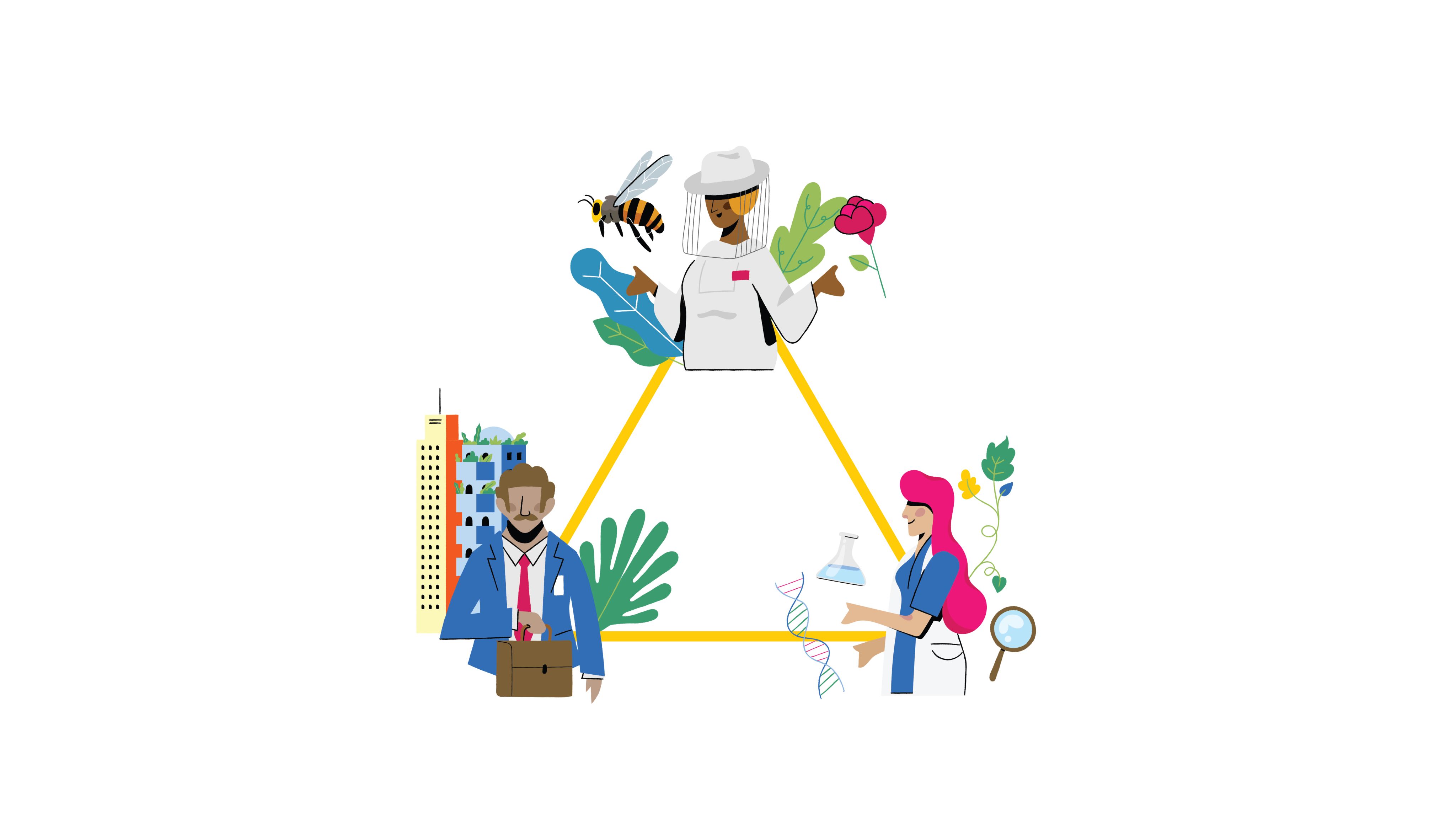
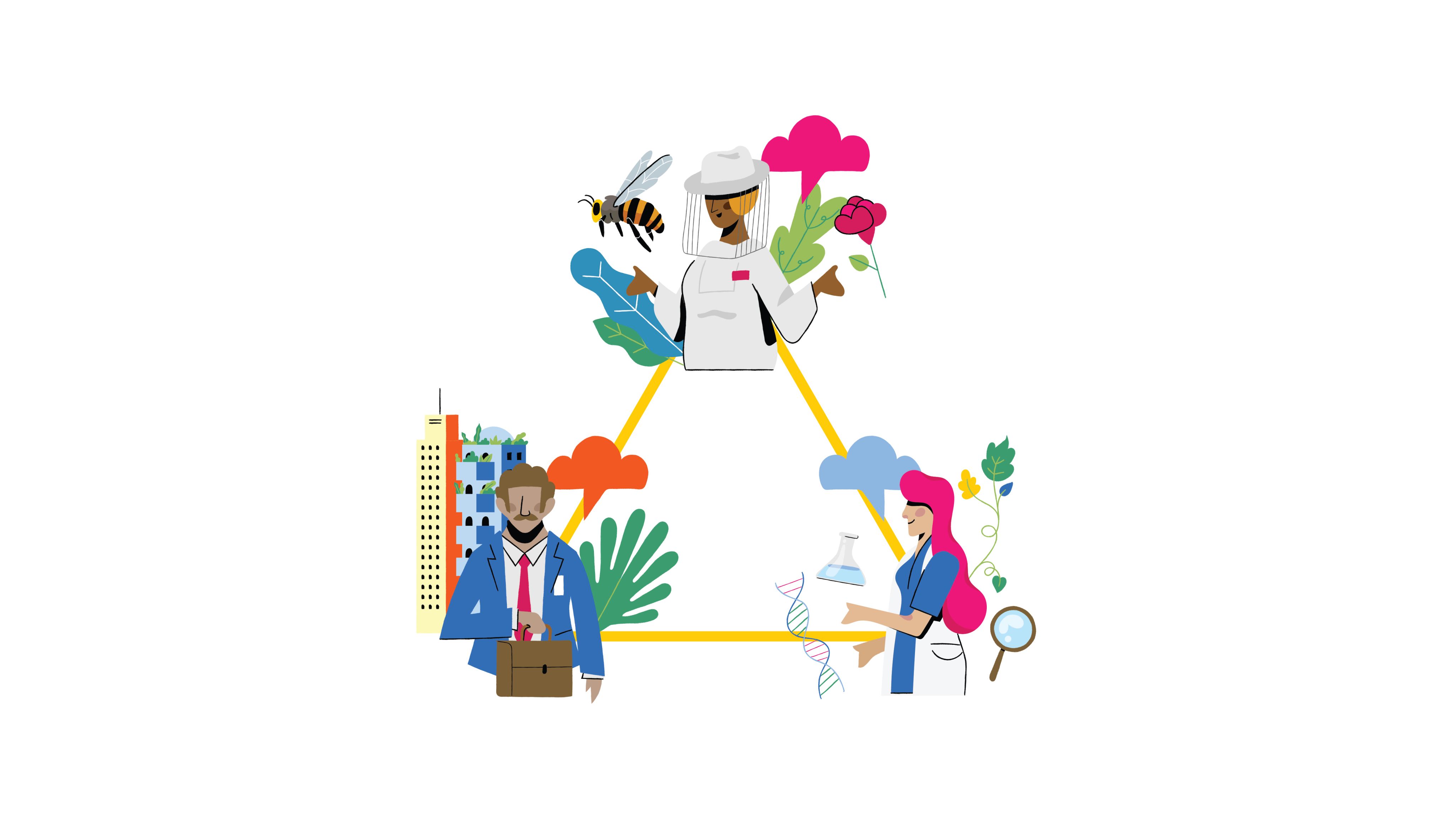
Designed and piloted at the regional and national levels, the Trialogue approach supports a constructive dialogue for biodiversity conservation and sustainable management of ecosystem services among:
Practice
Policy
Science
The Trialogue is a tool that creates an enabling space for diverse actors with unique interests, priorities and influences.
Policymakers, scientific researchers, practitioners and indigenous peoples and local communities come together to understand and learn from each other and identify common solutions and coordinated actions.
Trialogues are inspired by a Multiple Evidence Base approach that draws upon the diversity of knowledge, expertise and experience of many actors, including natural and social scientists and indigenous and local knowledge holders.
To ensure the meaningful participation of all actors, Trialogues apply a state-of-the-art facilitation technique to overcome socioeconomic, cultural and linguistic barriers.
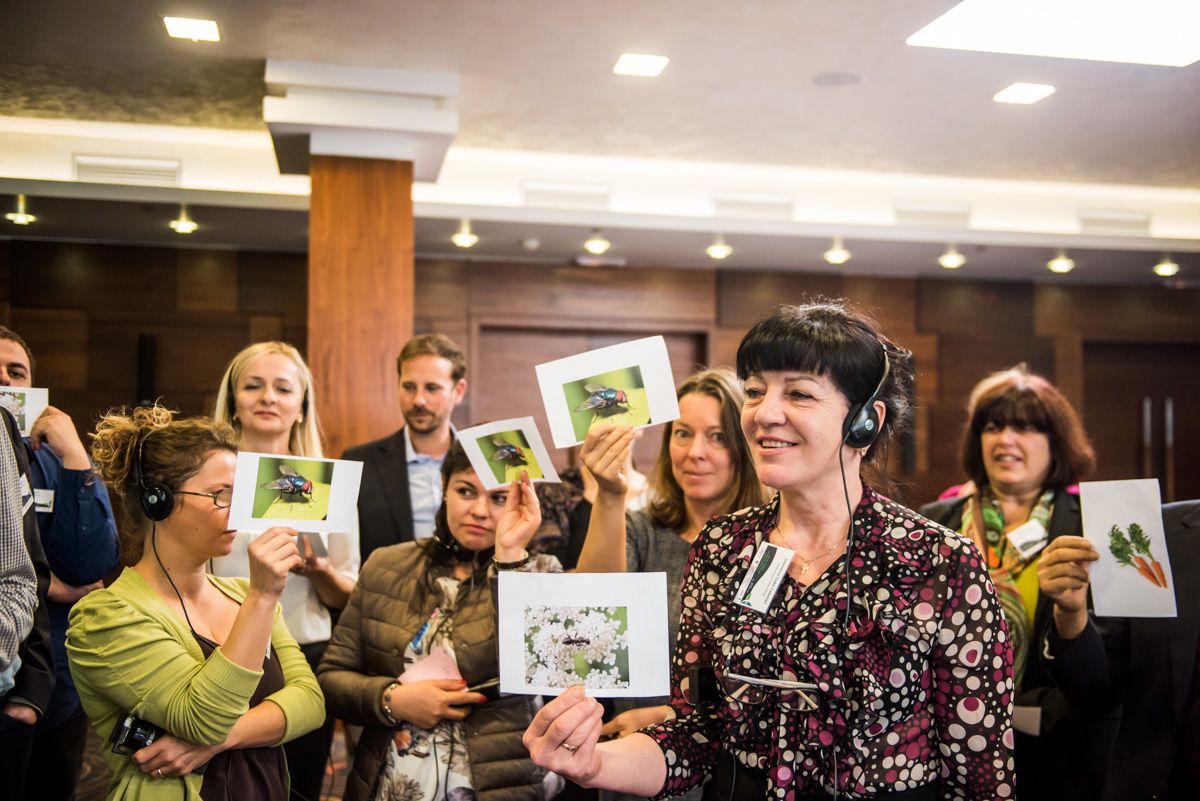
WHAT MAKES A TRIALOGUE?
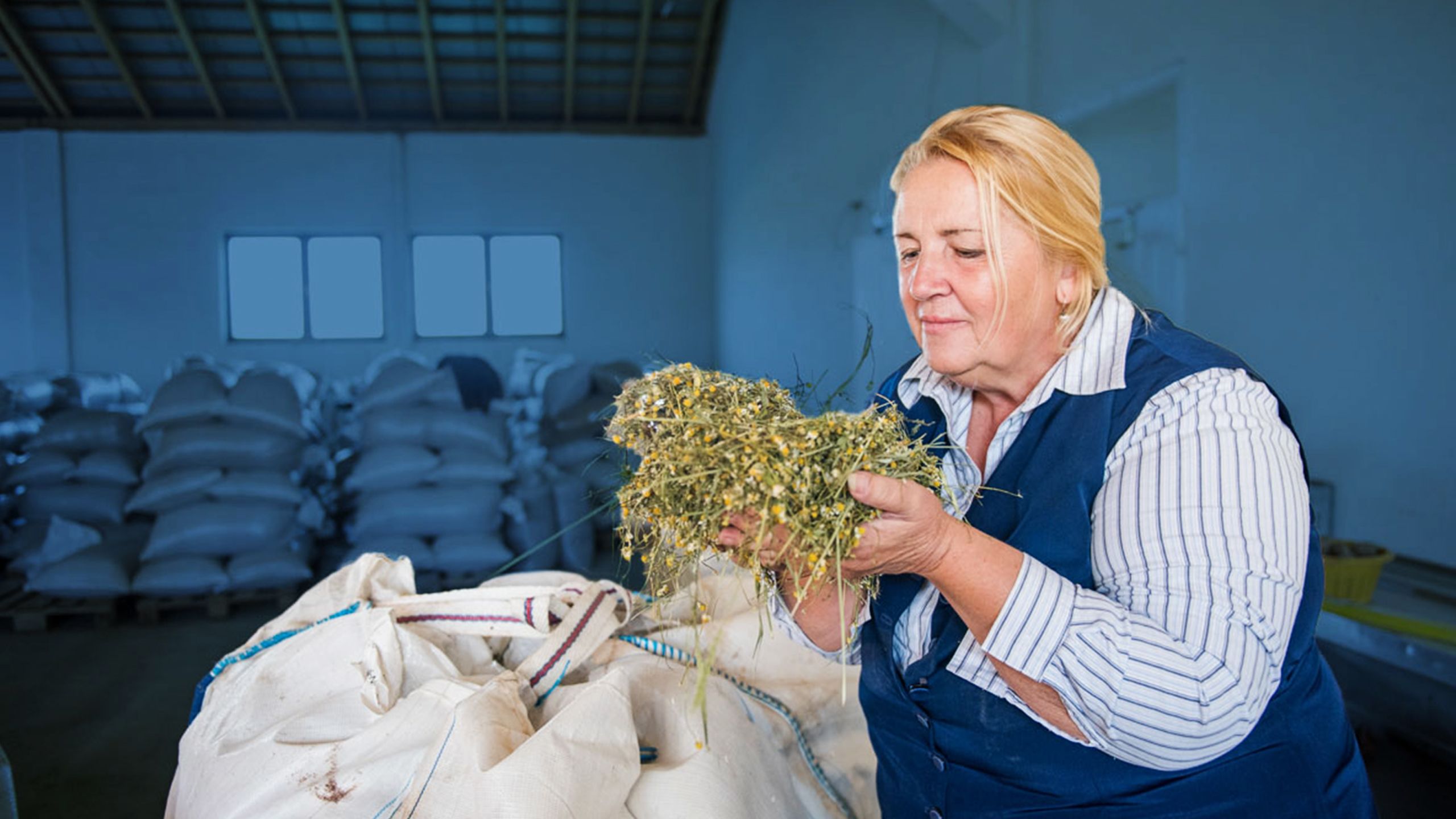
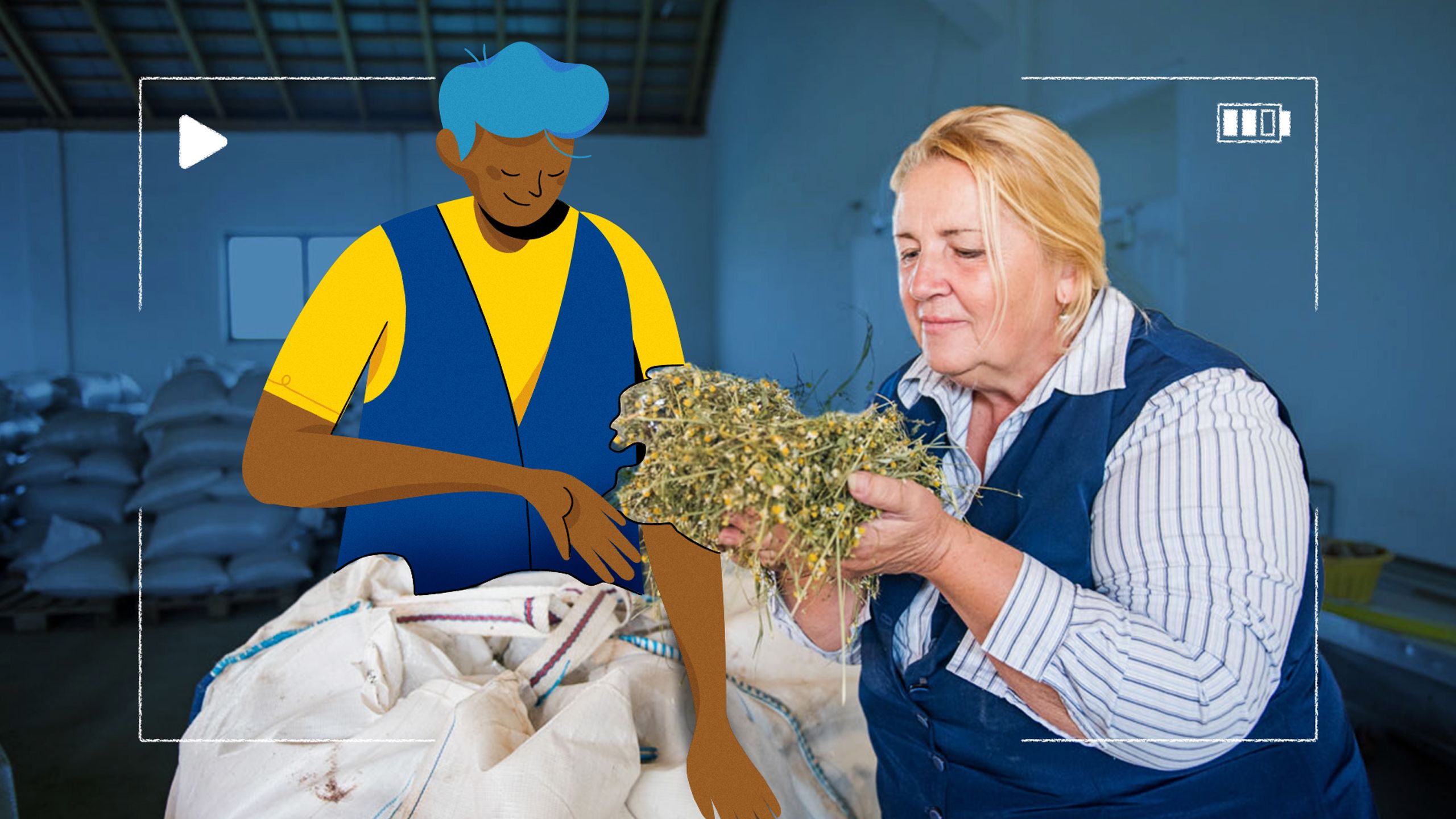
Experiential walk-shop
Trialogues combine room-based and field-based dialogue and learning.
The field-based sessions are typically organized at the beginning of the Trialogues and hosted by the practitioners and indigenous and local knowledge holders working on the ground. By showcasing the impact of their work on biodiversity and ecosystem conservation, practitioners and knowledge holders become more confident in engaging with policymakers and researchers, who are more likely to recognize the intrinsic value of diverse knowledge systems after a direct experience of a field visit.
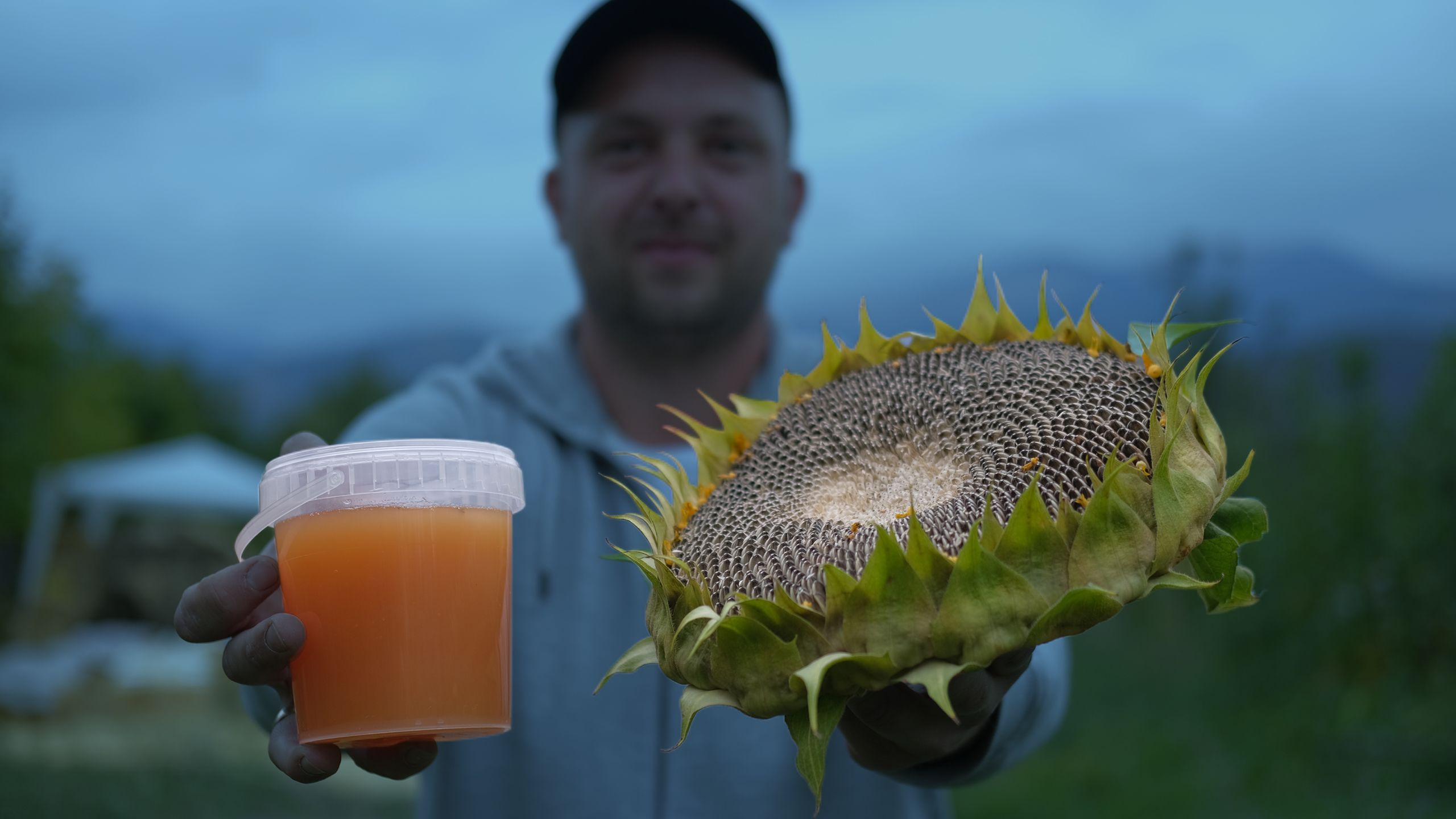
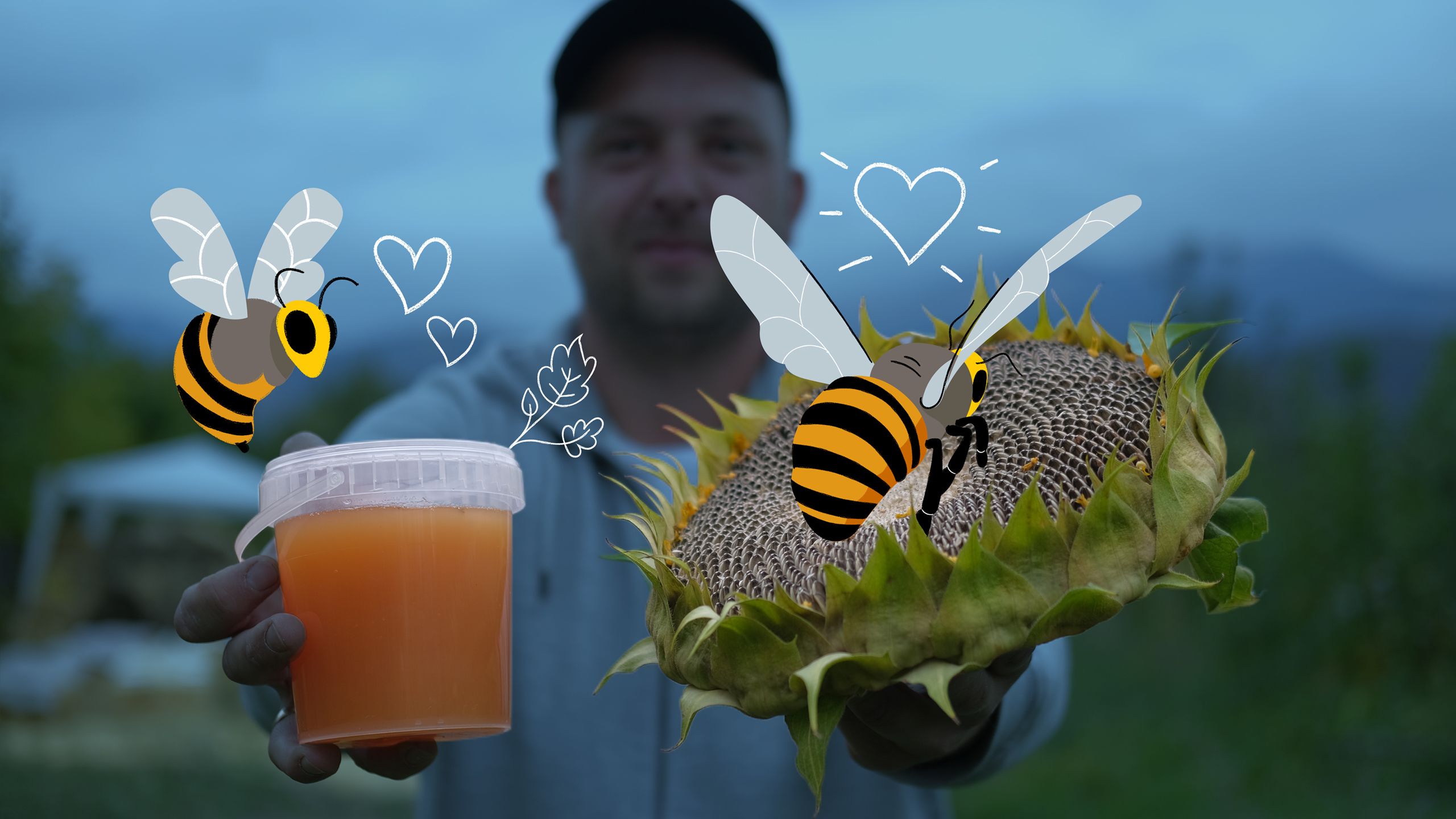
Empathic and multisensory approach
Trialogues aim to leverage all five senses.
By communicating and sensing the value of biodiversity, Trialogues activate an empathic response. This approach has proven to be a bridge for intercultural dialogue, inter and intra- group bonding and sharing experiences.
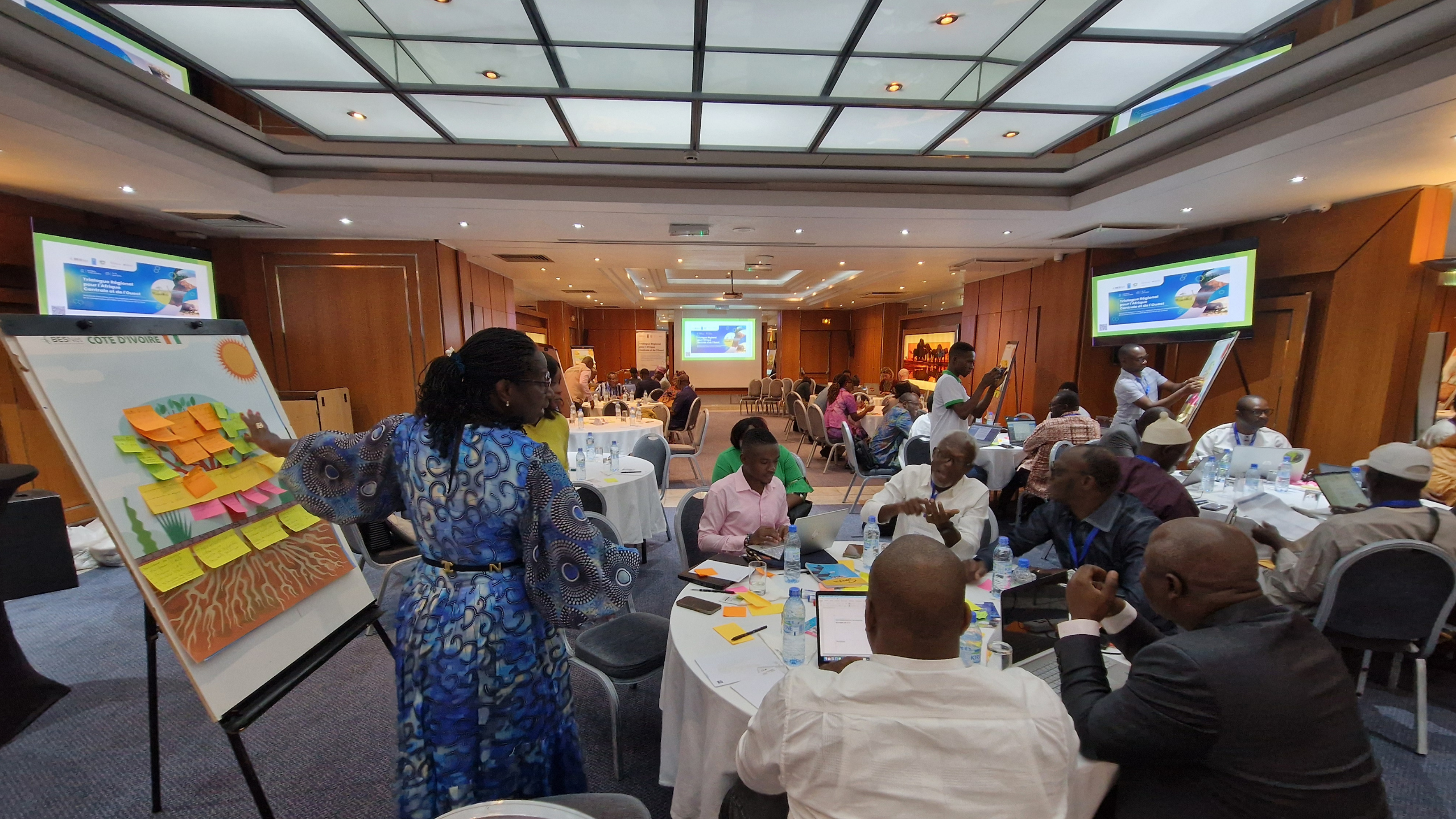
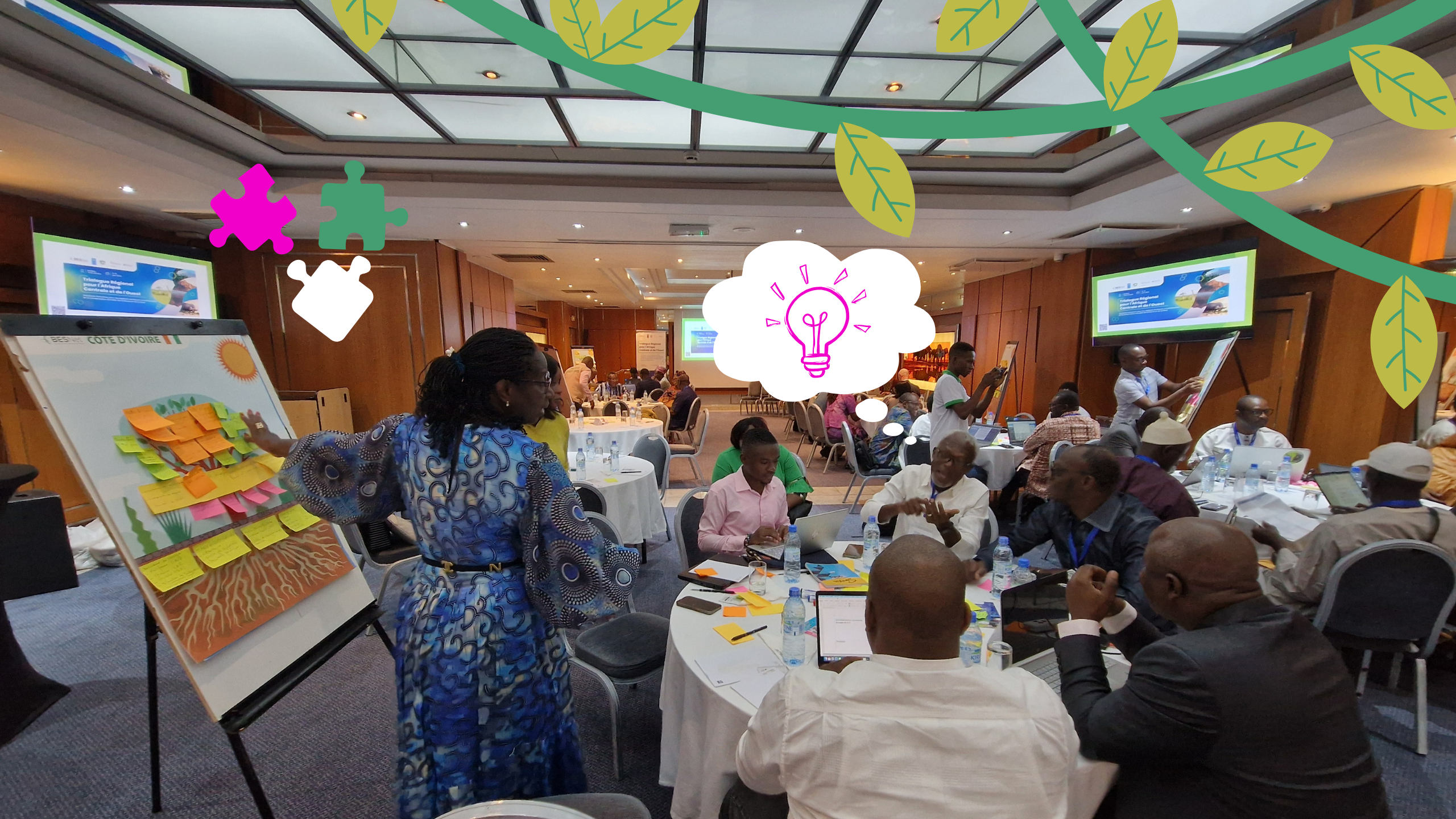
Holding space for an enabling dialogue
Trialogues consider gender, culture and context-specific sensitivities.
These events promote an inclusive approach to communication with participants, avoiding sector-specific jargon or acronyms. Careful consideration is given to the event programme, including the physical set-up of the room, the sequence of the presentations and user-friendly technology in a virtual meeting; this helps account for a lot of subconscious messaging and symbols that make different parties feel included.
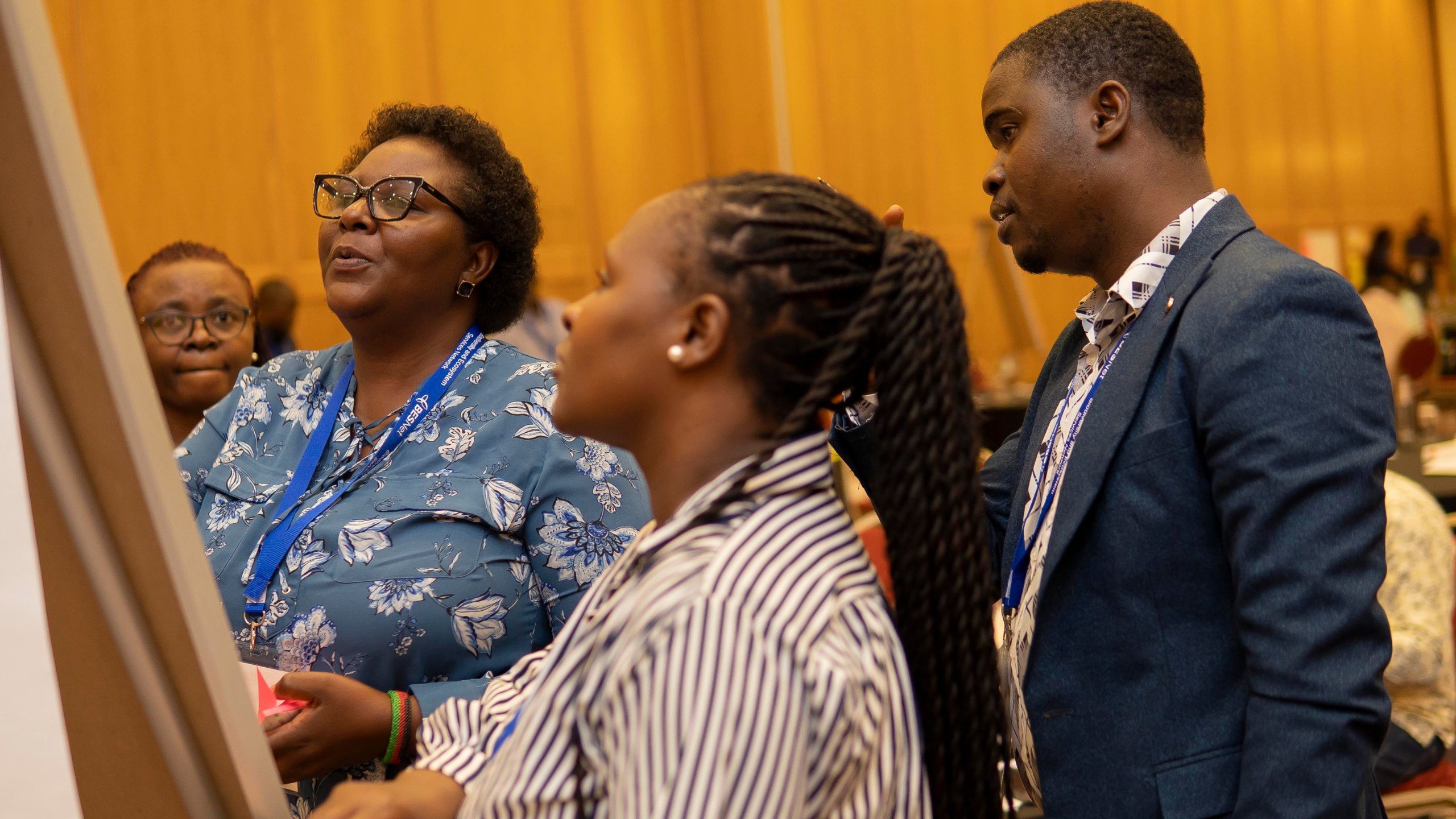
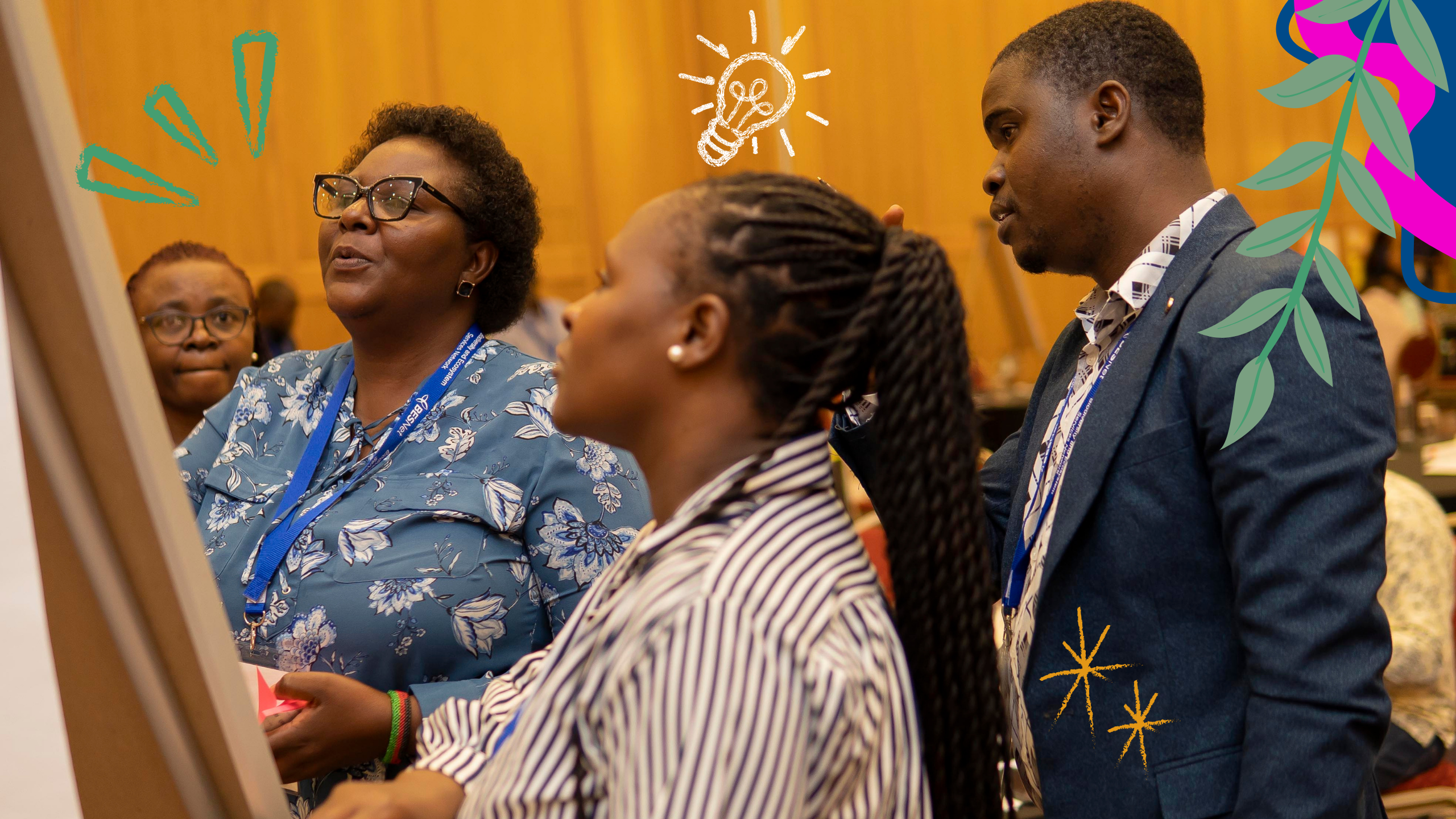
Engagement with high-level government officials
Trialogues foster collaboration and coordination among officials across sectors.
Trialogues create an avenue for officials to listen and learn from researchers, scientists and practitioners. Community representatives have an opportunity to communicate directly with government decision-makers and development partners to solicit their support on key biodiversity issues of common concern.
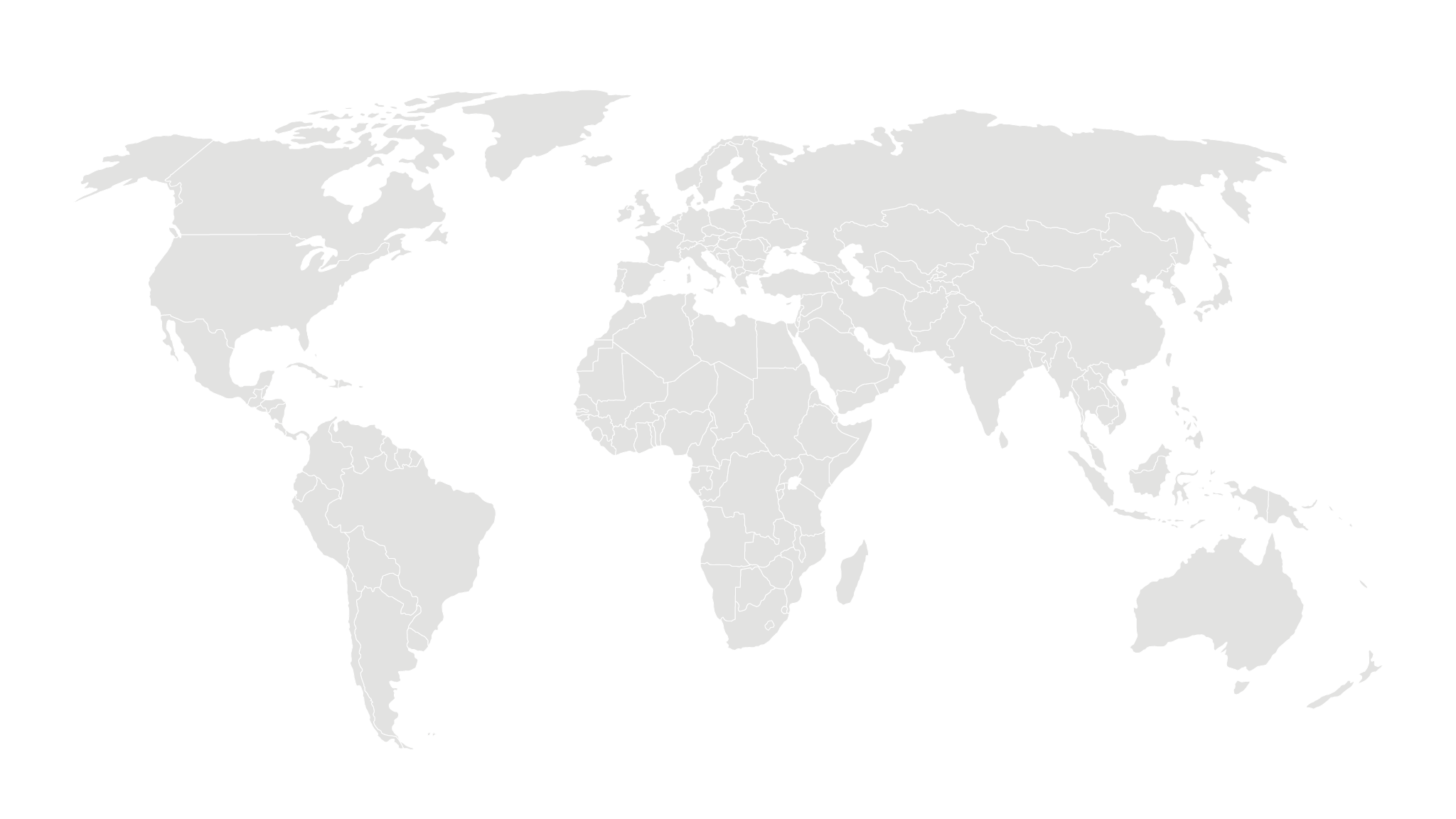

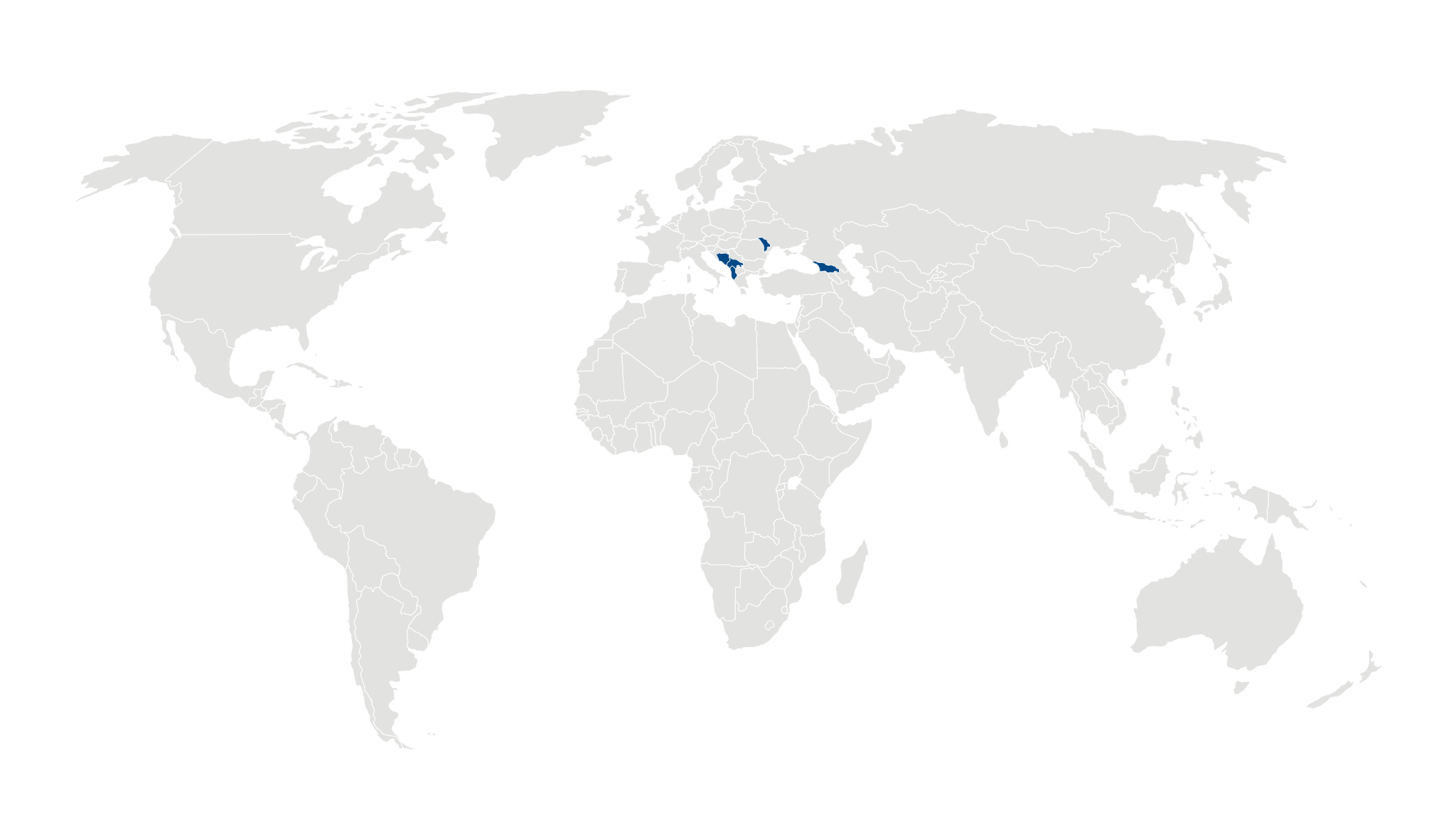
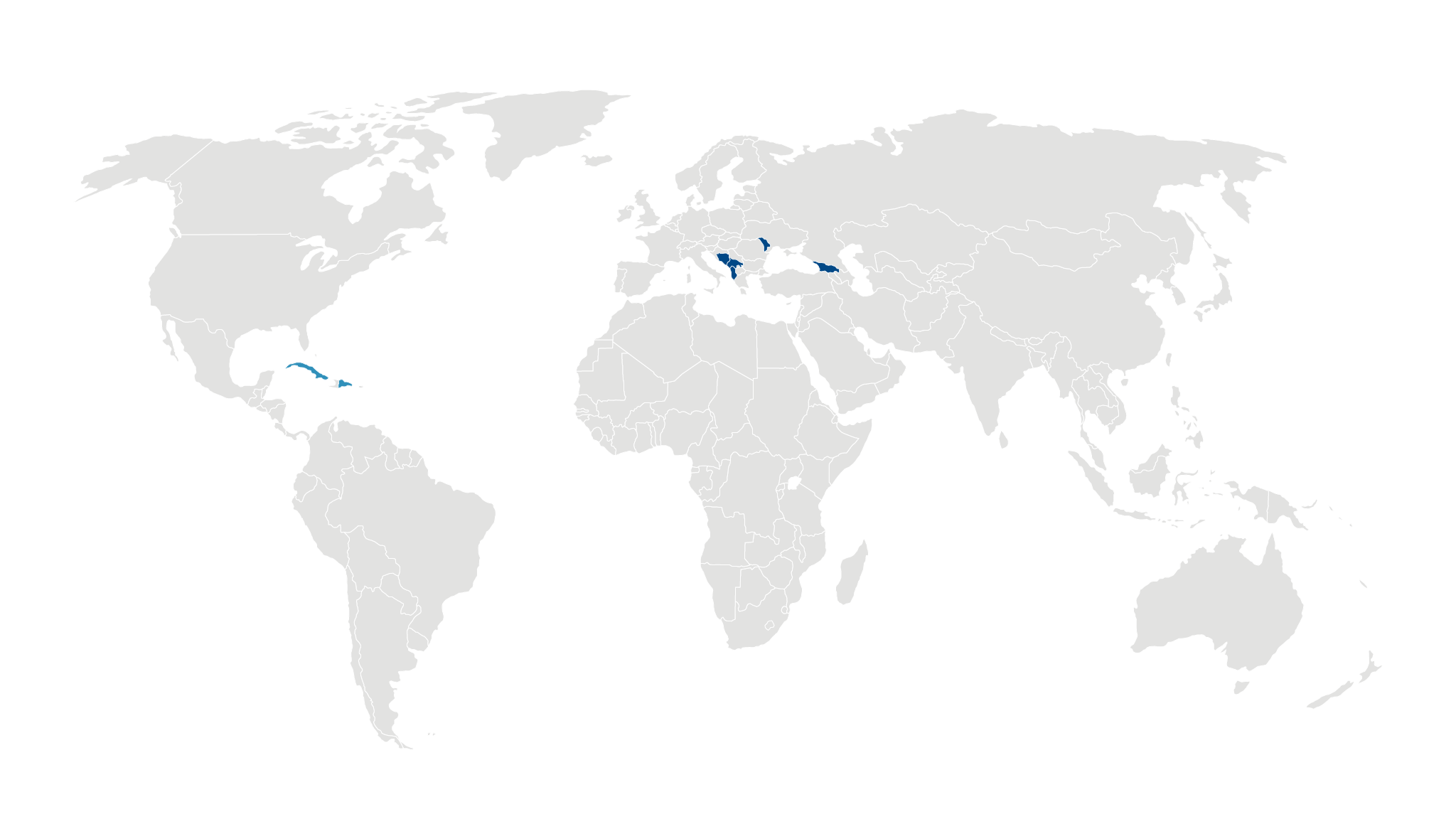
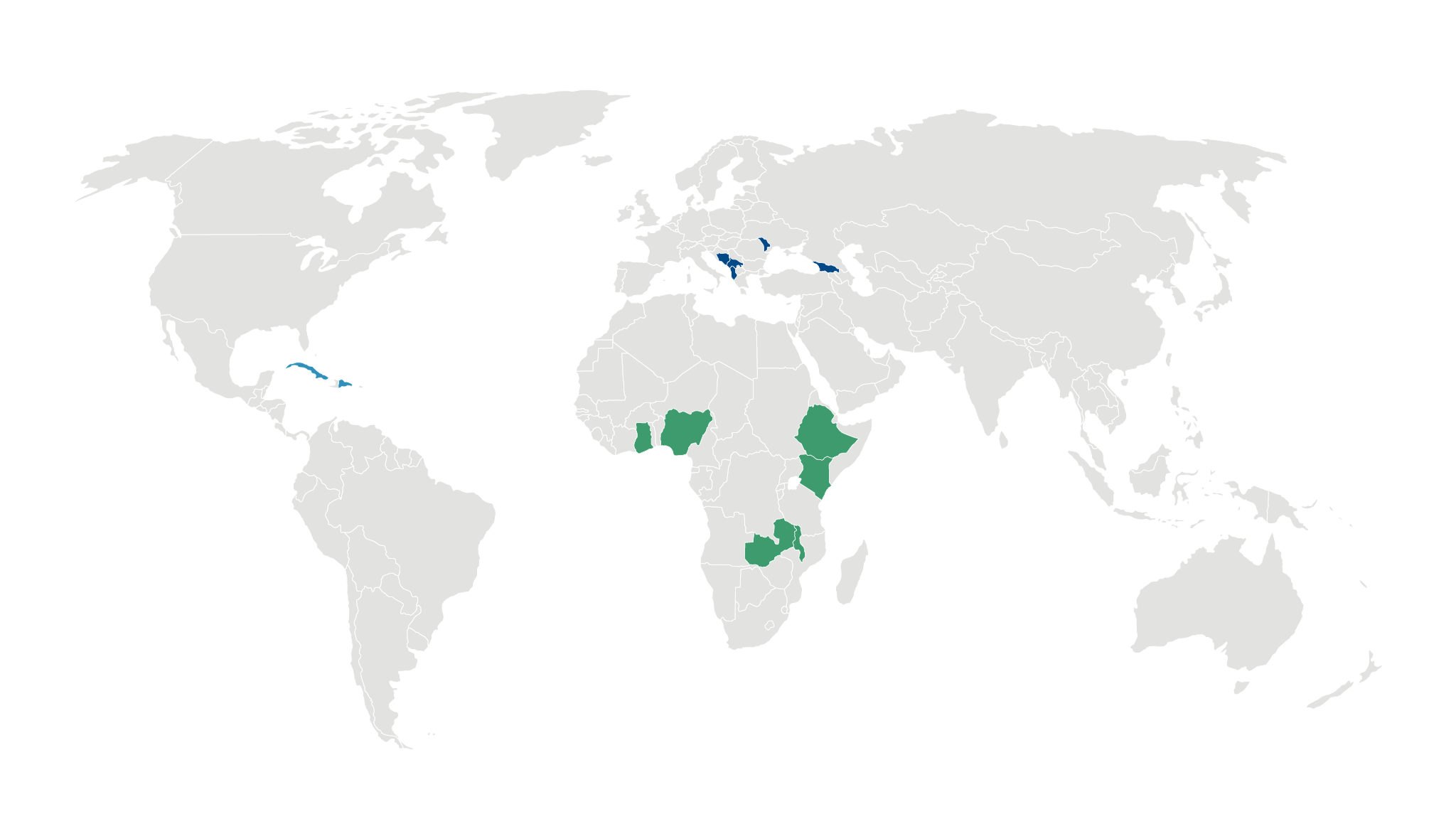
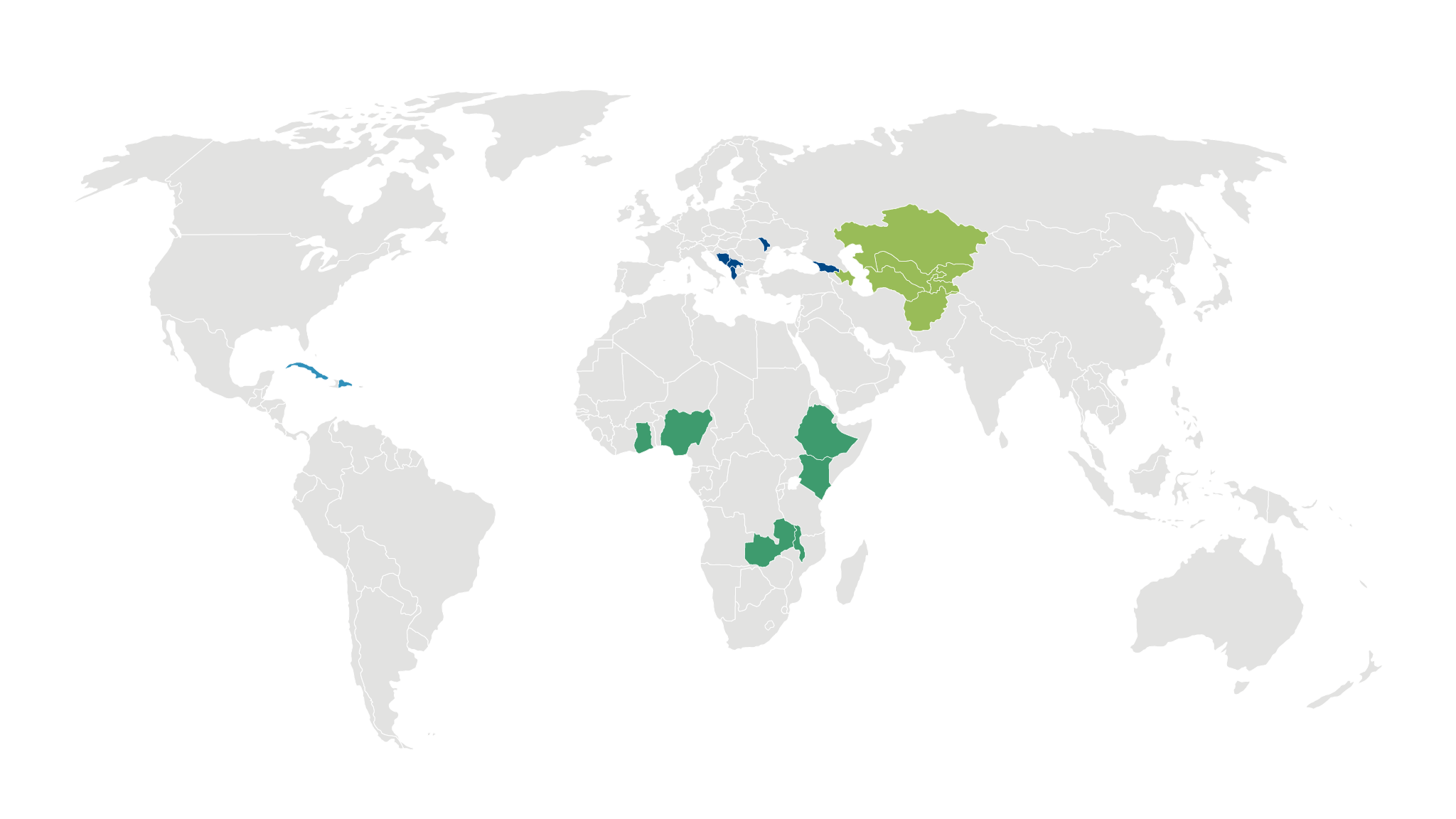
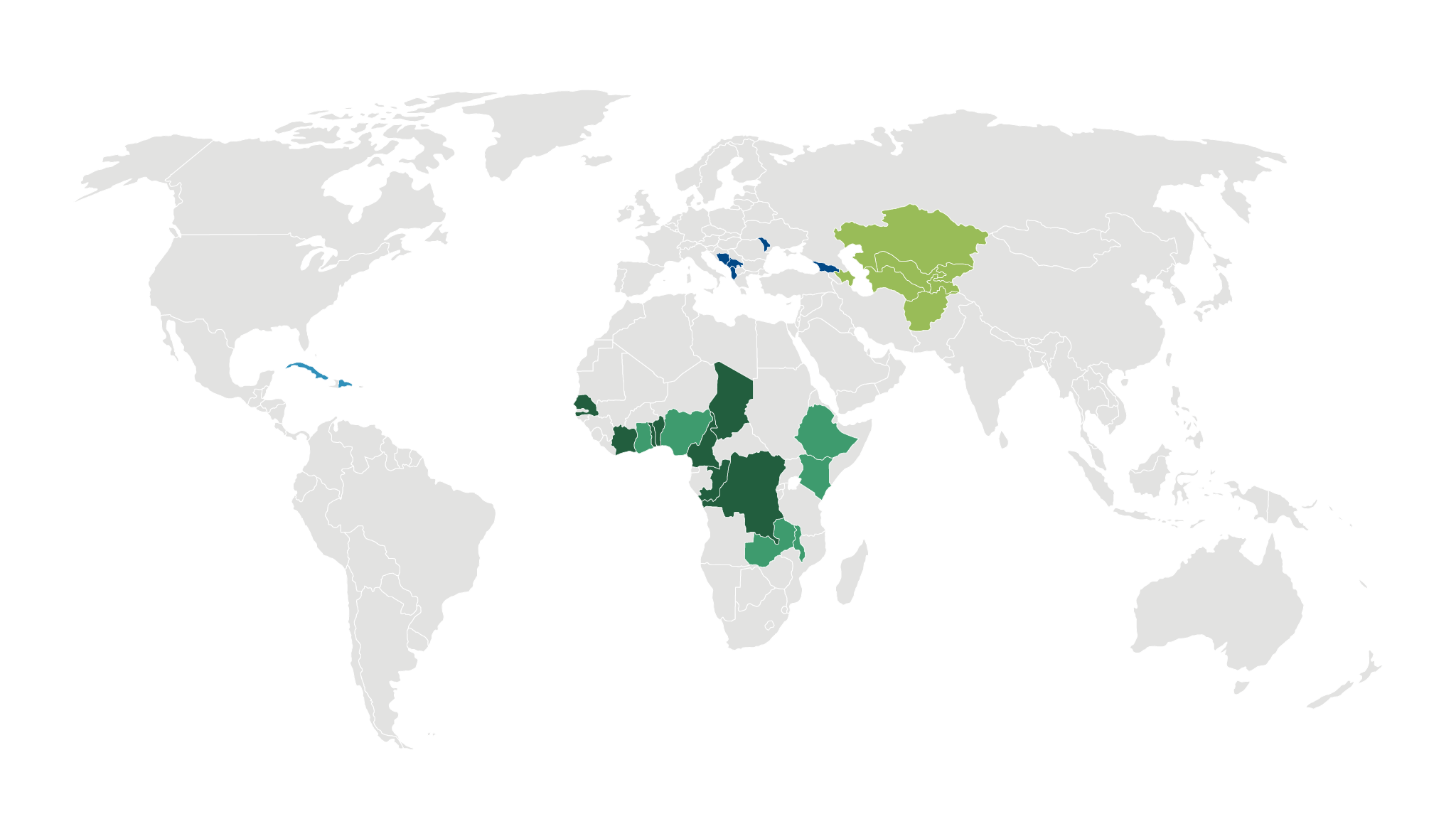
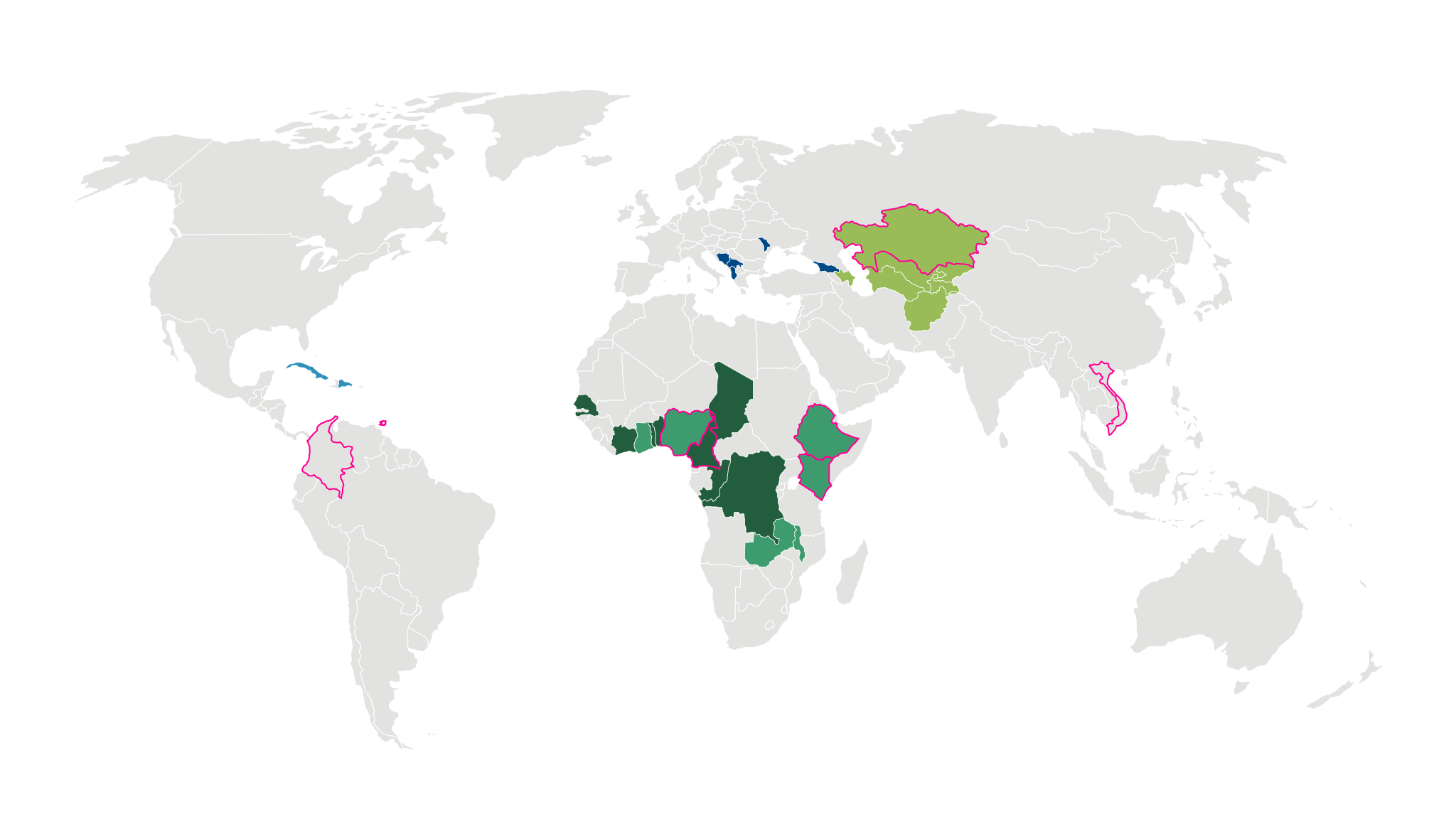
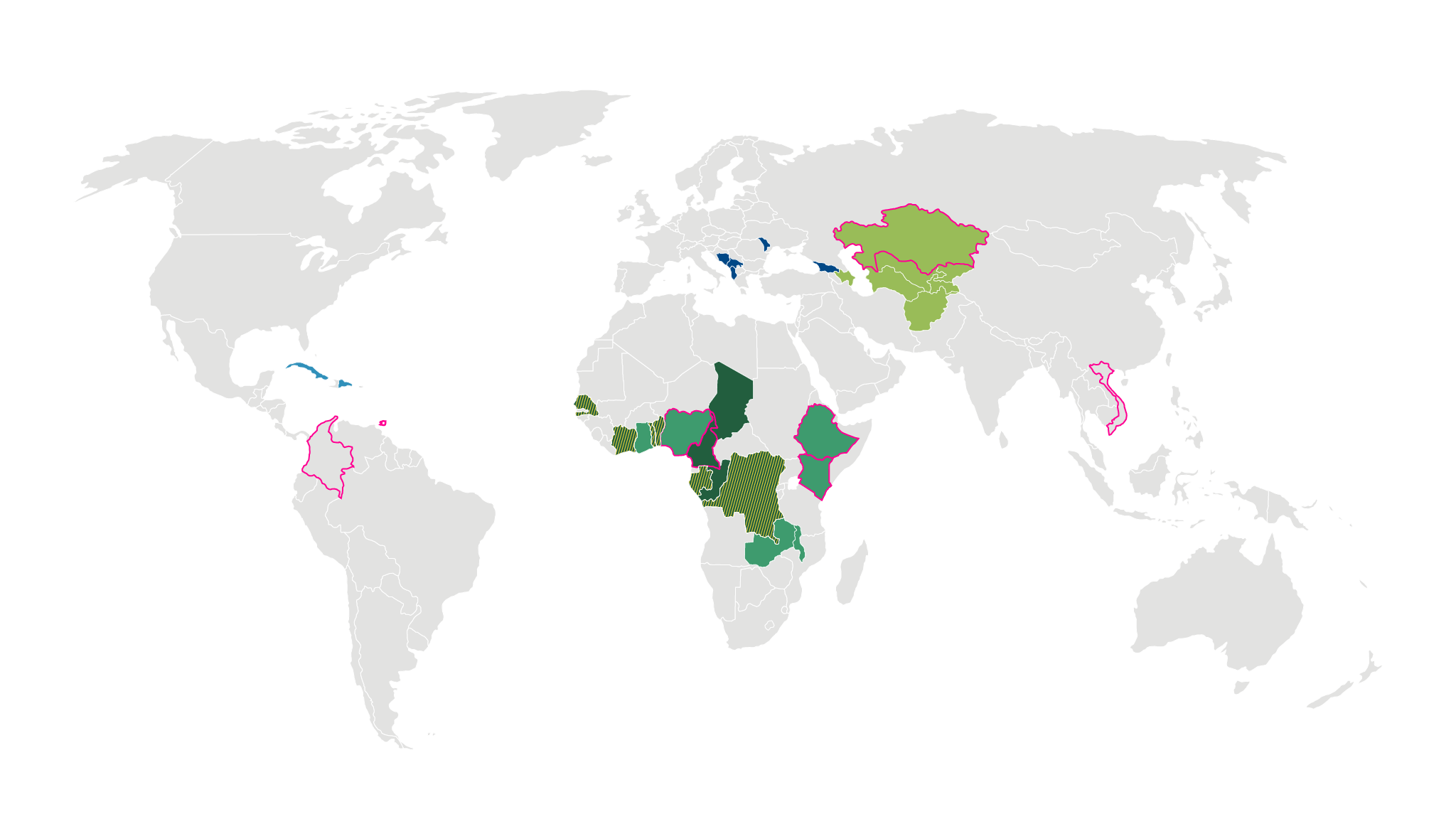
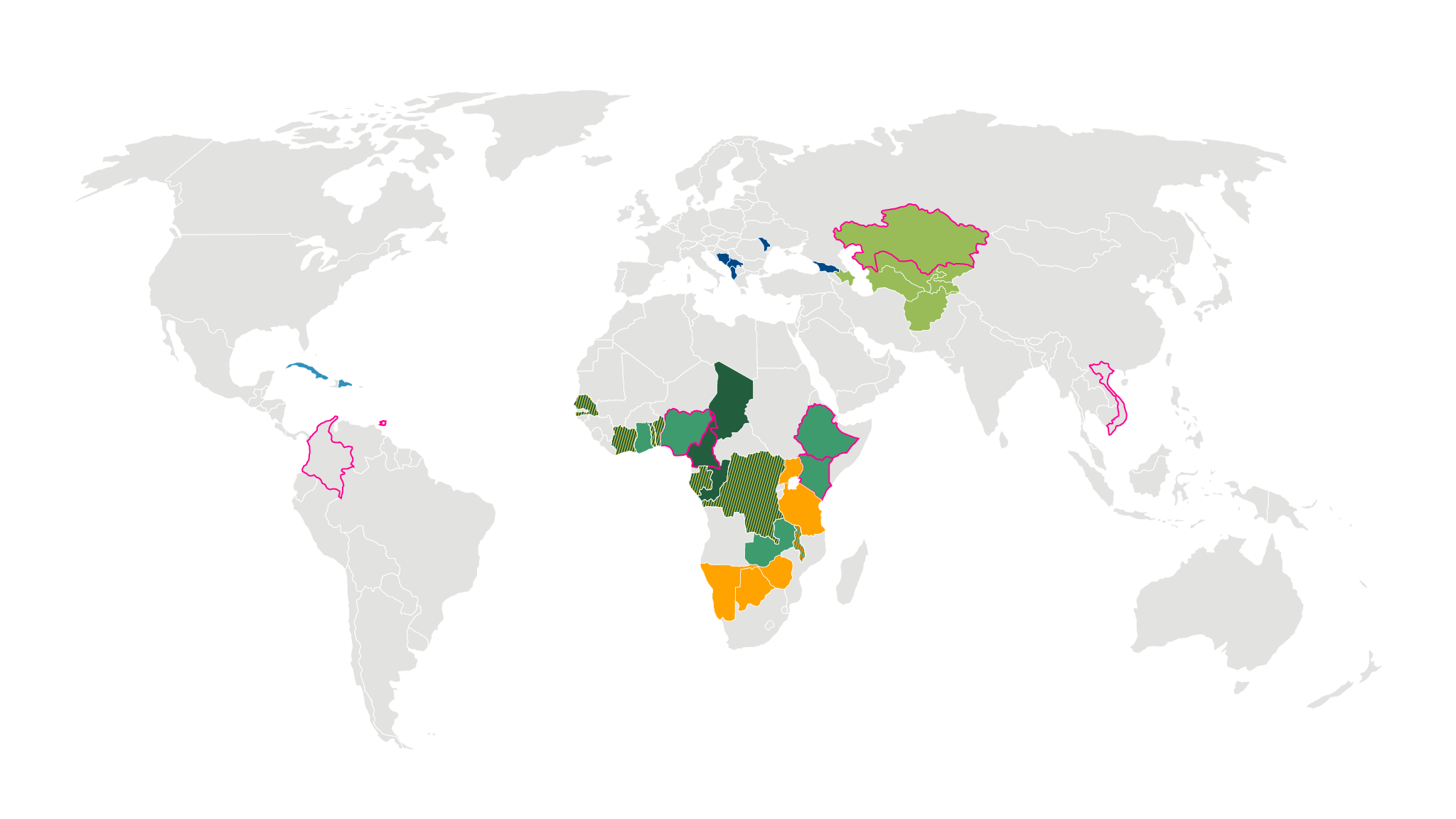
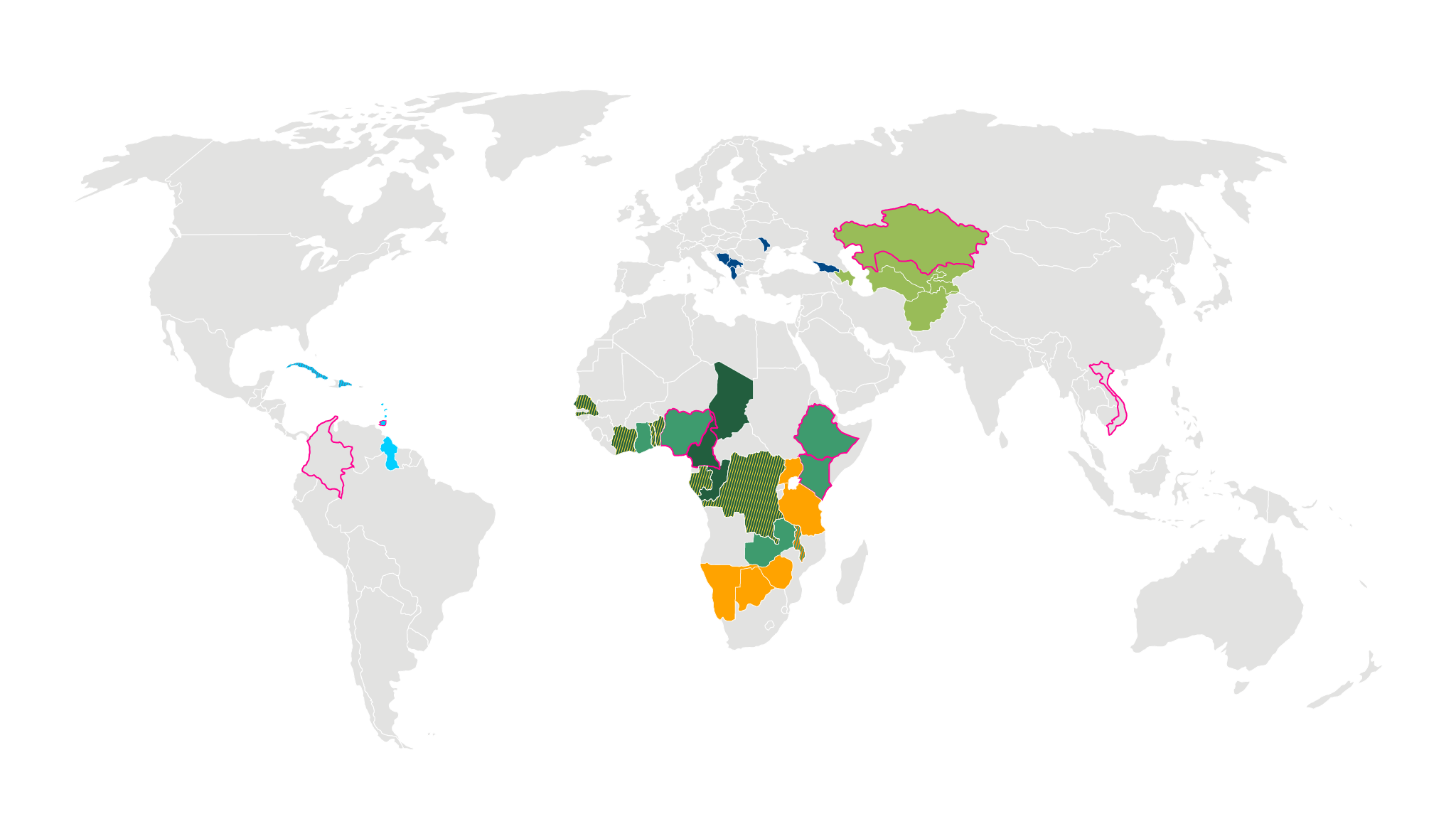
Regional Trialogues are implemented to support the uptake of the thematic, global, regional and other relevant assessments produced by the Intergovernmental Science-Policy Platform on Biodiversity and Ecosystem Services (IPBES) to support coordinated policy decision-making, scientific research and on-the-ground programmes and projects.
Eight face-to-face Trialogues and one virtual session have taken place since 2016:
Eastern Europe Trialogue in October 2017
Caribbean Trialogue in September 2018
Anglophone Africa Trialogue in May 2019
Central Asia and Azerbaijan Trialogue in October 2019
Francophone Africa pre-Trialogue virtual dialogue session in November 2020
Western and Central Africa Trialogue in June 2024
East and Southern Africa Trialogue in February 2025
Caribbean, December 2025
Regional Trialogues are implemented to support the uptake of the thematic, global, regional and other relevant assessments produced by the Intergovernmental Science-Policy Platform on Biodiversity and Ecosystem Services (IPBES) to support coordinated policy decision-making, scientific research and on-the-ground programmes and projects.
Eight face-to-face Trialogues and one virtual session have taken place since 2016:
Eastern Europe Trialogue in October 2017
Caribbean Trialogue in September 2018
Anglophone Africa Trialogue in May 2019
Central Asia and Azerbaijan Trialogue in October 2019
Francophone Africa pre-Trialogue virtual dialogue session in November 2020
Western and Central Africa Trialogue in June 2024
East and Southern Africa Trialogue in February 2025
Caribbean, December 2025
THE IMPACT OF TRIALOGUES
Regional Trialogues triggered several proactive initiatives by the participants.
The Nigerian government committed to protecting pollinators through a national database on insect pollinators and a software app to capture data on pollinators. A national plan with priority actions emerged from the Regional Trialogue. This inspired the federal government to strengthen the national agenda on pollinators by commissioning a study on the status and trends of pollinators and pollination in Nigeria, in view of the limited availability of data, despite their great importance in ensuring food security.
The BES-Net Regional Trialogue in Abidjan served as a platform for strengthening national dialogue on biodiversity and ecosystem services. It contributed to increased stakeholder capacity, with 91.7% of participants reporting improved ability to address biodiversity challenges. The Trialogue also supported the Government of Côte d’Ivoire’s efforts to integrate biodiversity into national planning and policy processes, laying the groundwork for targeted actions on invasive alien species while mainstreaming youth participation.
Bosnia and Herzegovina and Nigeria joined Promote Pollinators, the Coalition of the Willing on Pollinators, a partnership working on policy measures and innovative action to protect pollinators.
Trinidad and Tobago launched a campaign to engage citizens in collecting data on local pollinators such as bees, butterflies, wasps etc. in an interactive manner through the iNaturalist app. This activity is ongoing and aims to close the knowledge gap on local pollinators, providing valuable information on different species.
Participants of the Trialogues say…
“A good lesson I learned from the Trialogue is that every single element of the ecosystem is important, and each element performs a very important function, even if they are small bees, butterflies or insects. Before the Trialogue, the term ‘pollination’ was unknown to me. Now I am thinking about introducing this into our work on pasture and forest management because I found some valuable connections and insights. An important outcome of this Trialogue is a change of attitude towards pollination and pollinators, and I believe that such attitude has changed significantly, not only for me but also for many other participants.”
Aida Gareeva, NGO CAMP Alato, Kyrgyzstan
“The Anglophone Africa Regional Trialogue meetings expanded my understanding of conservation linkages to succinctly and effectively communicate issues affecting everyday human livelihoods. This clarity will enable interpretation of scientific findings in laypersons’ language on restoring degraded land and soil, with the aim of achieving land degradation neutrality and combat desertification while addressing local and national conservation of pollinators for food security as well as global agenda for sustainable livelihood.”
Dr. Wanja Kinuthia, Kenya
“The Trialogue triggered interest and commitment towards pollinator conservation in my country. Pollinators have historically not received much attention at the regional level; the Trialogue highlighted the need for collaboration and brought appropriate parties together to develop a plan to engender action. Biodiversity, ecosystem services and, specifically, pollination are now receiving more attention than ever before."
Dr. Lena Dempewolf, Trinidad and Tobago
“Raising awareness about invasive species remains a major concern for all of us. The Trialogue gave it the urgency and platform it deserves.”
Mr. Charles Bonaventure, Echo East Africa Impact Centre, Arusha, Tanzania
‘’My participation in this Trialogue allowed me to realize that the issues of marine wildlife management are the same for the countries in question. Since marine wildlife has no borders, an integrated approach with collective actions at the national and subregional levels is imperative for the sustainable management of these common resources.’’
Professor Khady Diouf Goudiaby, Associate Research Director, Institute of Environmental Sciences at Cheikh Anta Diop University of Dakar, Senegal
‘’The process was interactive, and the discussions were productive – everyone’s voice counted.”
Dr. Lizzie Mujuru, Senior Lecturer, Bindura University of Science Education, Zimbabwe
"For me, the sacred forests of Benin are true 'living libraries' of the past, sanctuaries of the present and guardians of the future. It is essential to preserve these forests, not only for their spiritual, ecological and cultural benefits, but also for their central role in our identity. I firmly believe that we must live in harmony with nature, as it tells the story of humanity. I am glad that, in Benin, a law allows local communities to continue the rites that protect these forests. To foster fruitful exchanges between researchers and holders of local knowledge, it is crucial to fight against social injustice, encourage listening and intergenerational dialogue and ensure that the interests of communities are never compromised."
Appolinaire Atawé Akôyi Oussou Lio, President, Research and Action Group for Well-Being in Benin (GRABE-Bénin), Benin





